LGBT Americans still lack many basic legal protections across the country. State laws are considered to be a patchwork of protection, inconsistently varying in their degrees of legal effectiveness. The lack of federal law protecting LGBT workers leaves those impacted with feelings of uncertainty and overwhelming stress.
Workplace discrimination towards LGBT workers impacts the safety and well-being of their daily lives. The LGBT community deserves to feel out, safe, and proud in the workplace.
According to a 2020 survey conducted by GLAAD, the vast majority of Americans, regardless of sexuality or gender identity, believe that discrimination against the LGBT community should be illegal. The reality is that explicitly protective laws still are unavailable. The patchwork pattern of state policies will never match the effect that a national federal law could have on the safety of LGBT workers. The non-partisan organization Public Religion Research Institution (PRRI) conducted a survey which found that national support for instituting laws that protect the LGBT community topped 70 percent. This number includes Democrats, Republicans, and Independents, proving across the board that this is a human issue, not a political one.
Discrimination in the workplace against LGBT employees has lasting and pervasive negative effects on the recipients. Many LGBT workers are also people of color, younger, currently unemployed, undocumented, or in a lower income bracket. A 2014 report detailed that between 8% and 17% of lesbian, gay, and bisexual workers have experienced some form of discrimination. For transgender workers, the number rose from 13% to 47%.
Nearly one-third of people of color in the LGBT community have reported workplace discrimination because of their identity. Workplace discrimination impacts hiring, firing, wages, and paid leave such as sick days and vacation days. Those in positions of power should consider how gender stereotypes impact safety in the workplace every day. It has severe negative consequences for the work environment, forcing LGBT people to choose between earning a livelihood and being their most authentic selves.
In addition to workplace discrimination, several other factors can affect LGBT members trying to support themselves. For example, LGBT people, particularly LGBT people of color, are unfairly overrepresented in the United States criminal justice system. Already facing discrimination for having a criminal record, securing a job upon re-entering society is difficult enough. With the added prejudice and discrimination regarding their sexual orientation or gender identity, it can be even more challenging for people to secure employment. This is one contributing reason why someone might remain closeted at work or while interviewing. In addition, there is a severe and genuine fear of jeopardizing network connections or being stereotyped.
How a Team Member of a Gay Recreational Softball League, Sky Diving Instructor, and Funeral Home Employee Changed the U.S.
The Civil Rights Act of 1964, also known as Title VII, prohibits discrimination in the workplace while recruiting, hiring, promoting, and other typical employment contexts. On June 15, 2020, the Supreme Court issued its opinion on three cases that ultimately affirmed that people are protected under this act by issuing a final ruling that the identifier of “sex” does indeed include sexual orientation and gender identity. These cases changed the state of LGBT rights in America, paving the way for a future where people can feel safe at work without fear of discrimination. More than 2,000 experts and organizations filed 50 “friend of the court” briefs supporting the LGBT employees and nondiscrimination protections, which attests to the diverse support across most of the U.S.
Landmark Cases for LGBT Rights
In the court case Altitude Express v. Zarda, sky diving instructor Don Zarda was fired from his job after revealing that he was gay to a female customer. In Bostock v. Clayton County, GA, Gerald Bostock was fired from his county position as a child welfare services coordinator shortly after his employer learned Bostock was gay. Bostock shared that he had recently joined a recreational gay softball league. R.G. & G.R. Harris Funeral Homes v. EEOC and Aimee Stephens details the experience of Aimee Stephens, a funeral director in Michigan, who was also fired from her position. This came after telling her employers she is a transgender woman and wanted to present as her gender identity at work.
The Supreme Court ruling in favor of the LGBT employees confirms that Title VII’s prohibition of discrimination in the workplace includes discrimination based on sexual orientation, gender expression, and gender identity. As a result, LGBT workers will be protected through U.S. civil rights laws. They can earn a living while also knowing they have the legal right to protect themselves from humiliation, harassment, and discrimination in the workplace.
Taking a Closer Look at the Equality Act
In the U.S., we have civil rights to protect people from discrimination based on race, color, national origin, sex, disability, and religion. But we still have a ways to go. The Equality Act provides consistent and explicit anti-discrimination protections for LGBT people across several important and key areas of life, including employment, housing, credit, education, public spaces and services, federally funded programs, and jury service. The Equality Act's impact would also amend several existing important civil rights laws, like the Civil Rights Act of 1964, Equal Credit Opportunity Act, Jury Selection And Services Act, as well as employment within the federal government. More than 66% of the LGBT American workforce has reported experiencing discrimination in their professional and personal lives.
The Equality Act is important and influential because the explicit language calling for protection for vulnerable groups is powerful, encouraging, and validating to people who are part of those communities. The Equality Act was introduced to the House of Representatives on February 18, 2021, then brought to the Senate on February 23, 2021. On February 25, 2021, The Equality Act passed with a bipartisan vote of 224-206.
Final Takeaways Regarding the Impact of LGBT Discrimination in the Workplace
The ruling of Title VII’s prohibition of discrimination based on sexual orientation, gender identity, and gender expression is a huge groundbreaking and necessary achievement for further solidifying the legal rights of the LGBT community across the U.S. on a federal level.
This is justly illegal because these are all concepts an employer would not have considered if the employee’s sex fit inside their stereotypical gender norms. For example, if an employer decides to fire a woman employee for being married to another woman, but they would not fire a man for being married to a woman: That employer is actively discriminating against a person’s sex. Thus, sex plays an explicit role in these issues and the specific court cases discussed.
While there are still issues left to tackle across the country, such as locker rooms, dressing rooms, dress codes, and bathrooms, the significant progress made for LGBT federal rights regarding workplace discrimination is still a considerable achievement. These protections extend across state and local government employment, working in the private sector, employment agencies, and labor organizations.
The work must continue to put in place explicit nondiscriminatory laws. Experiencing discrimination threatens a person’s well-being, financial security, and health. Moreover, workplace discrimination does not stay contained in just the workplace. Its adverse effects also impact housing, access to education, and the ability to live a public and truthful life.
Workplace discrimination against an LGBT-identifying person can cause them mental, spiritual, physical, and emotional harm. Experiencing discrimination and prejudice also affects a person’s neighborhood and involvement in their community as it becomes harder to be their honest selves. People might resort to long commutes to find work in an LGBT-friendly work environment.
The fear of experiencing discrimination can lead a person to delay gender-affirming health care, alter their physical presentation to fit inside a stereotyped norm, and take other steps out of cautionary fear. Any issue that affects the LGBT community is a human rights issue that must be addressed with respect, seriousness, and care.
Sources:
LGBT People In The Workplace: Demographics, Experiences, And Pathways To Equity | MAP
LGBTQ Title VII Employment Discrimination Cases At The Supreme Court
Beyond Bostock: The Future Of LGBTQ Civil Rights | Center For American Progress


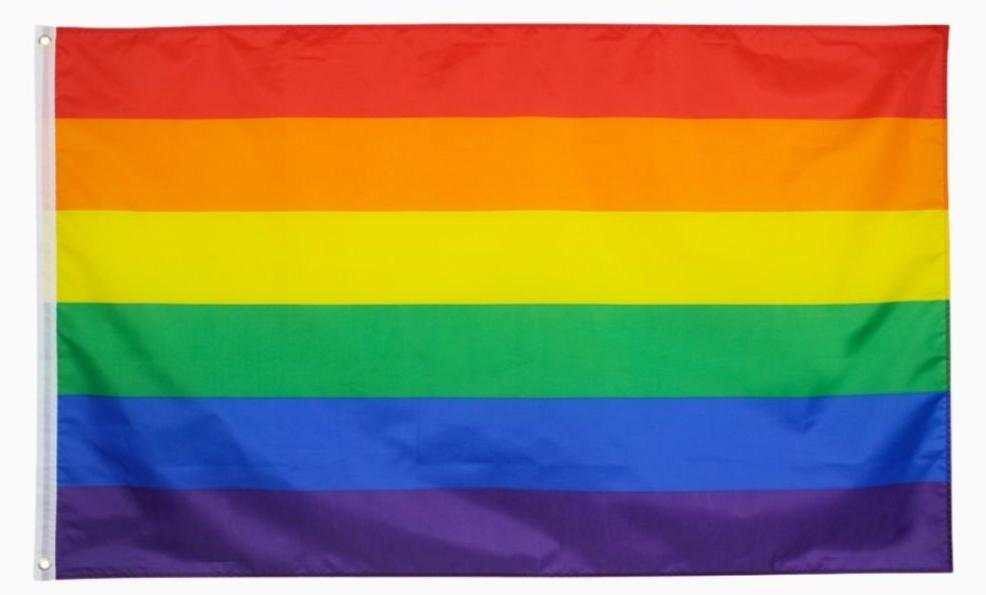
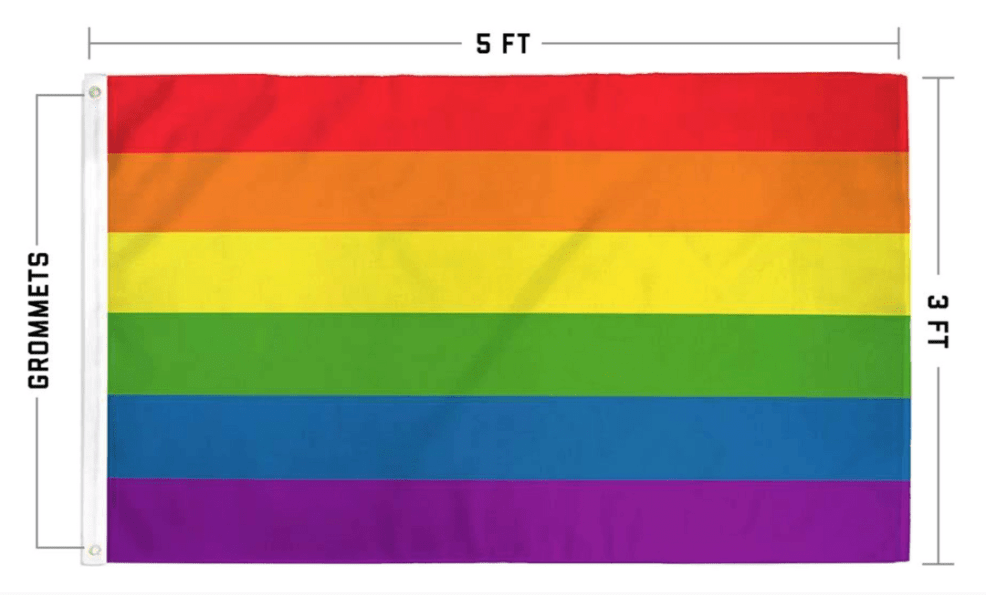
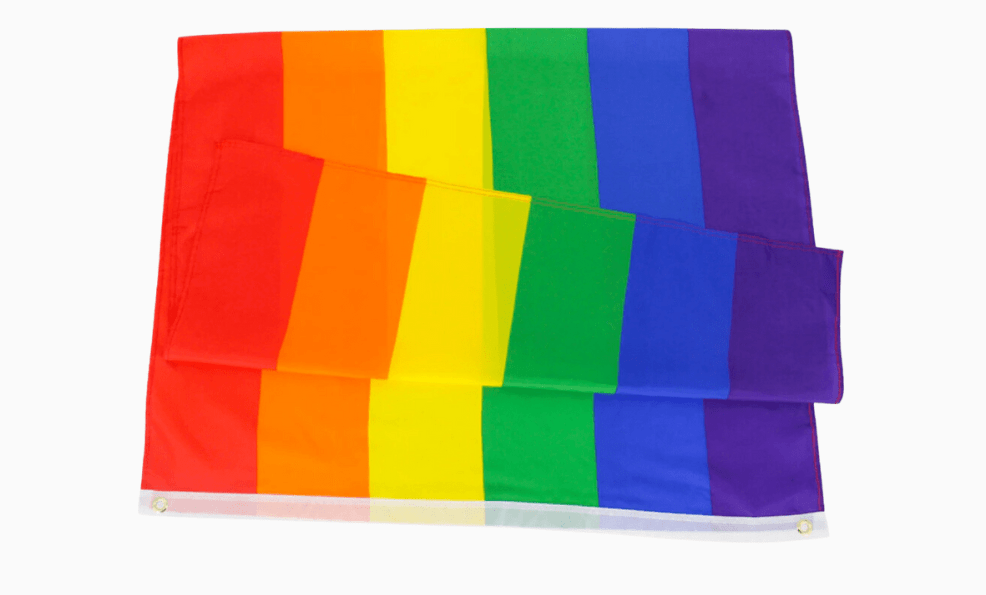
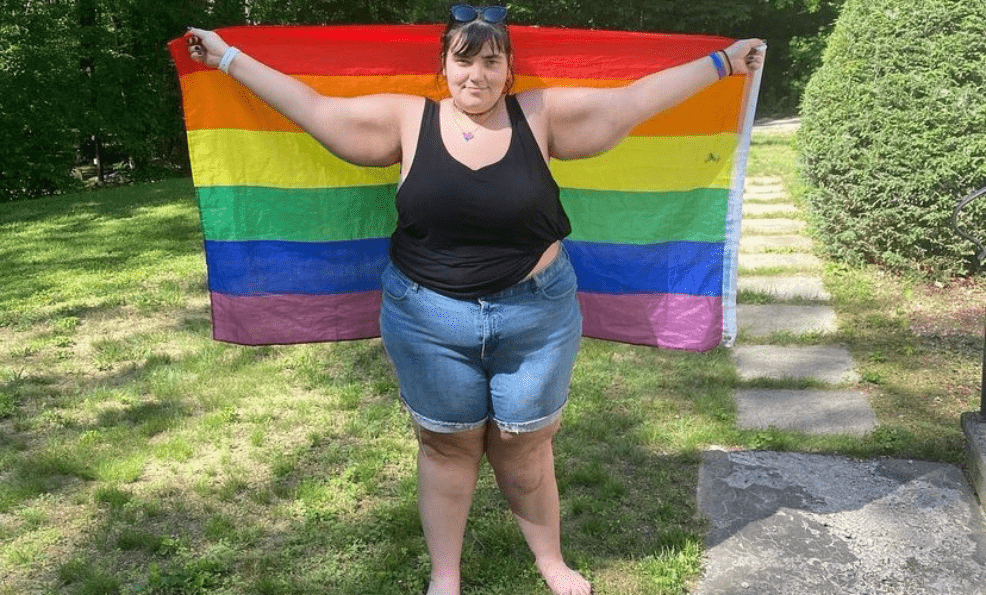

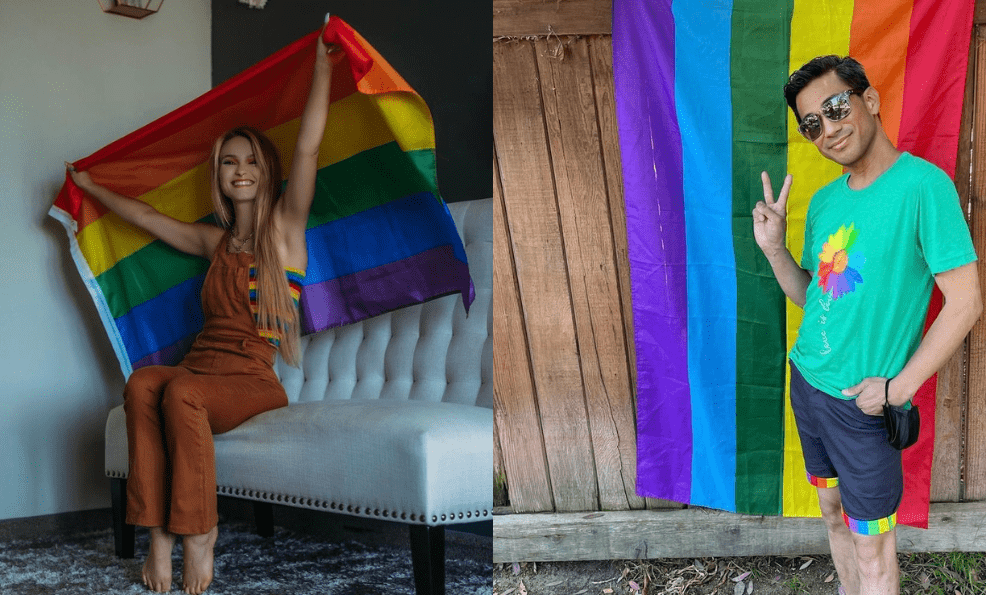
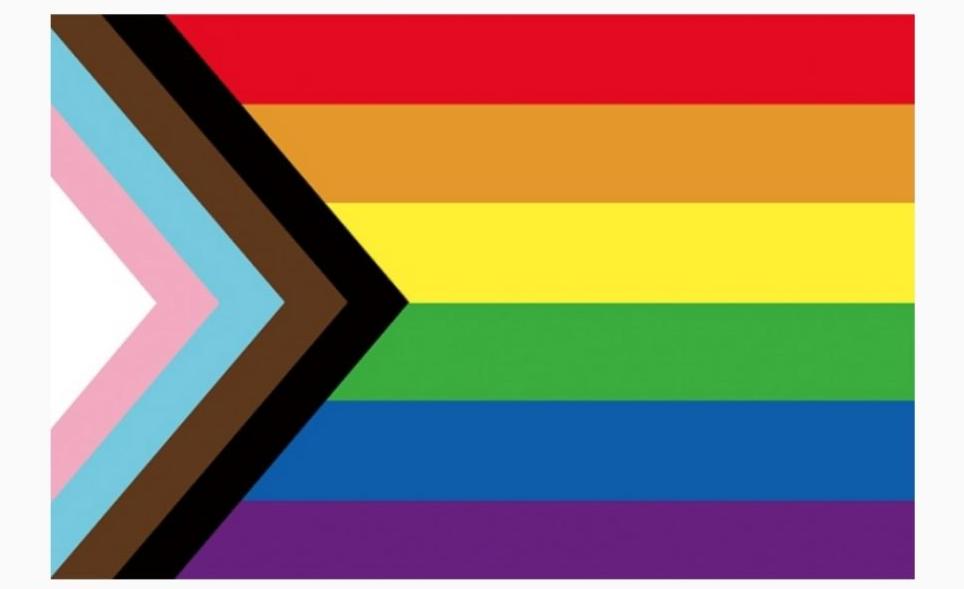
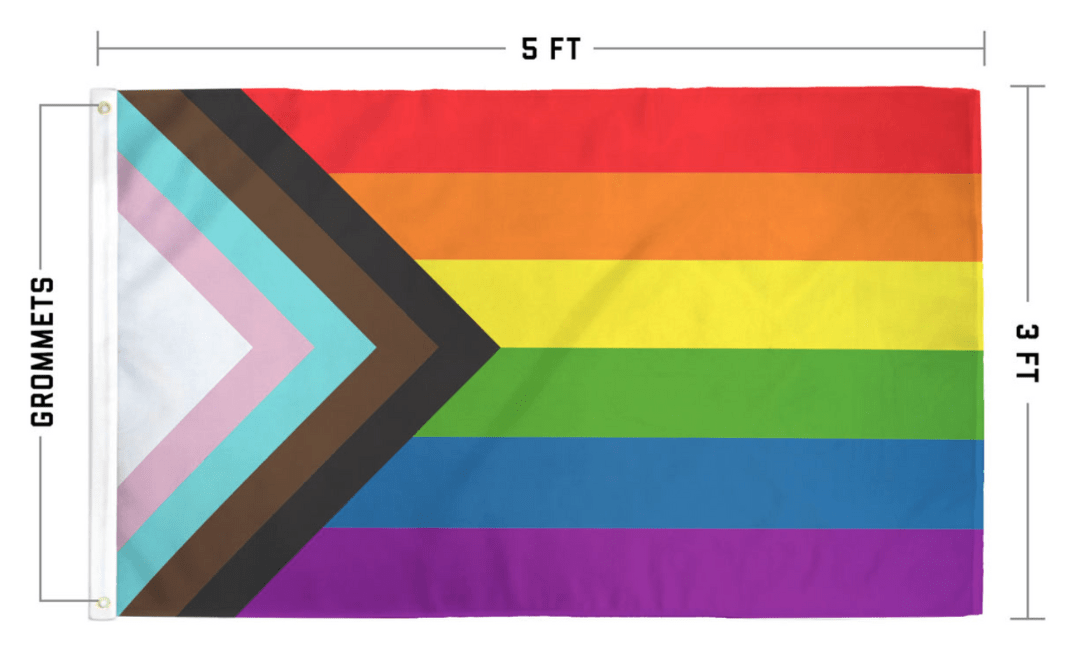
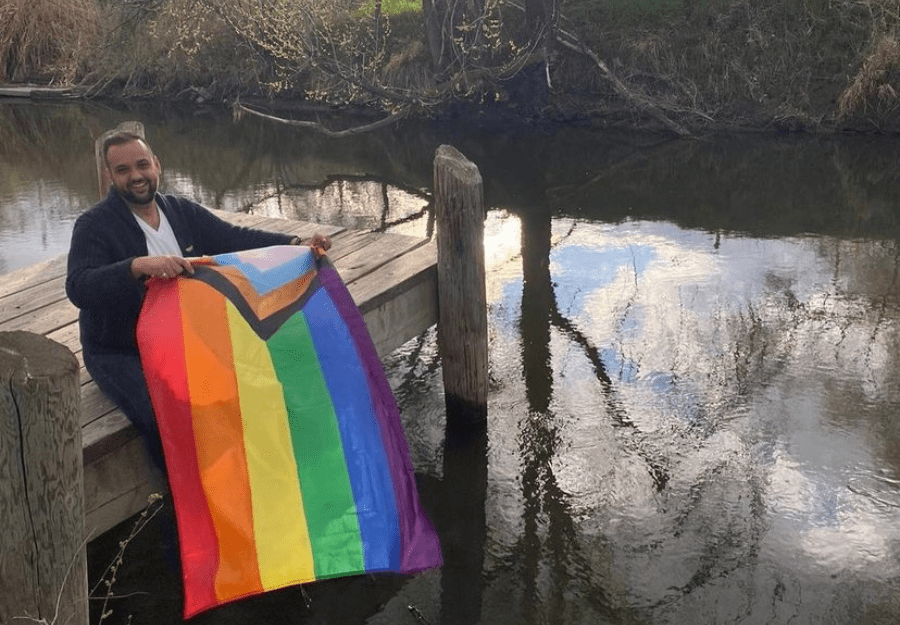
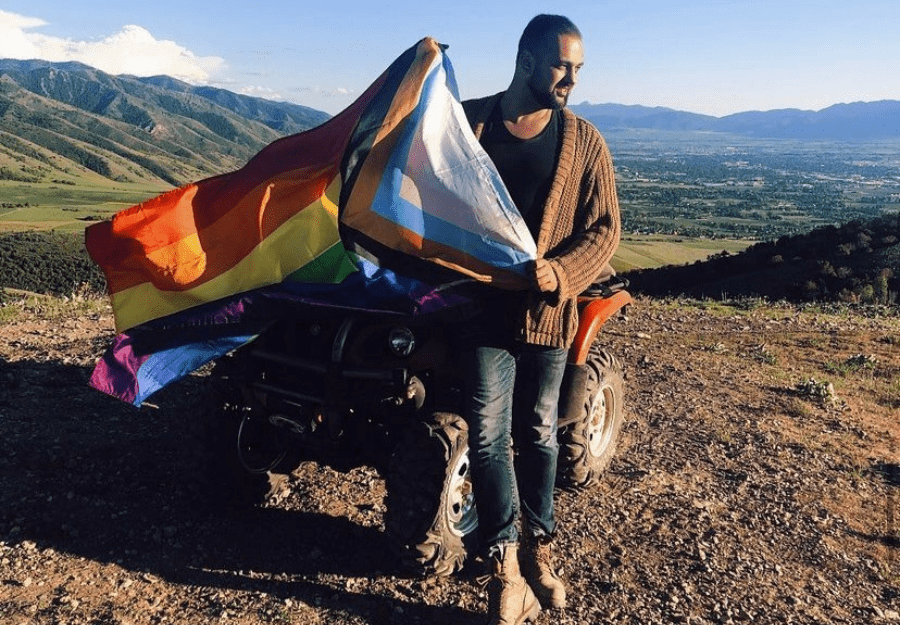
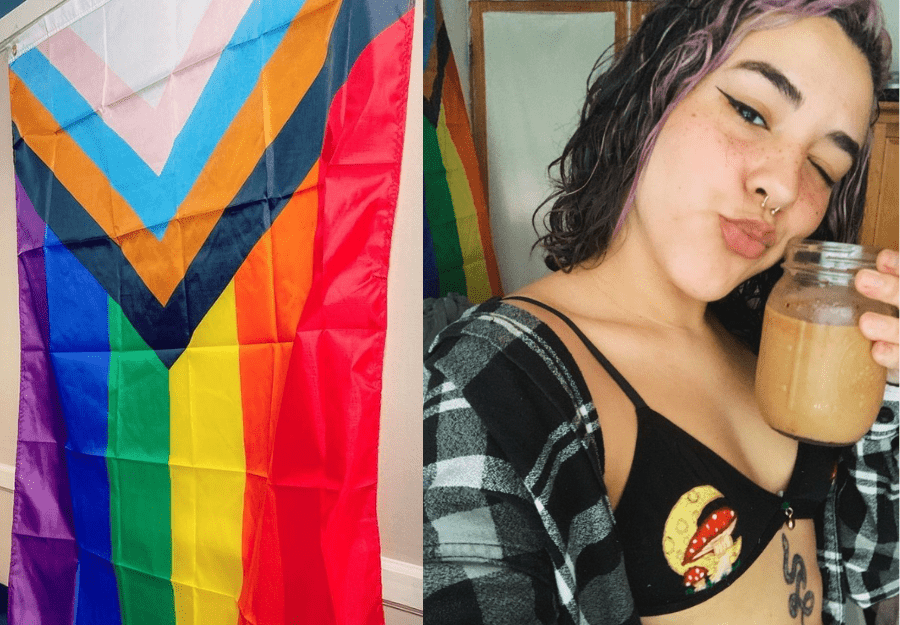
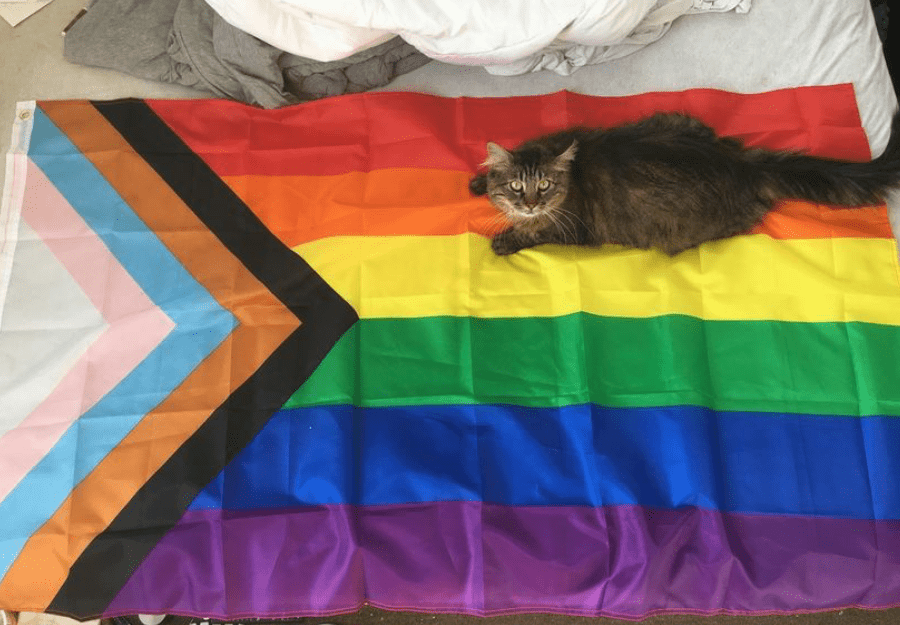
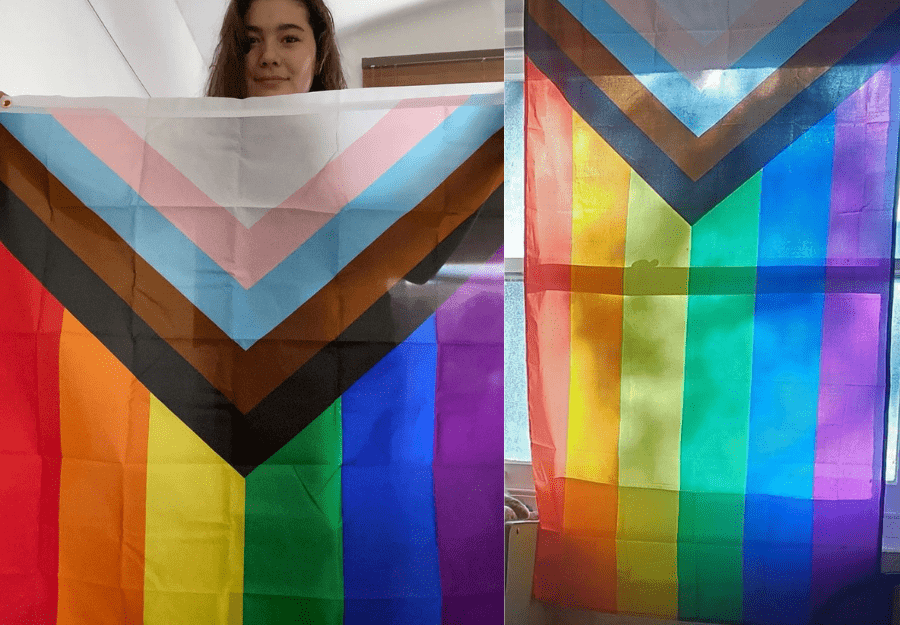
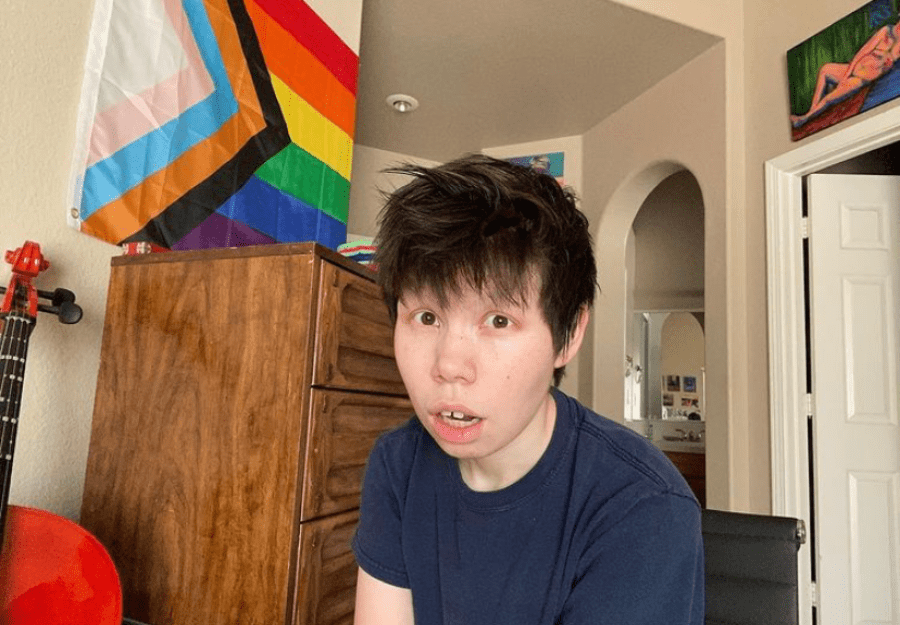
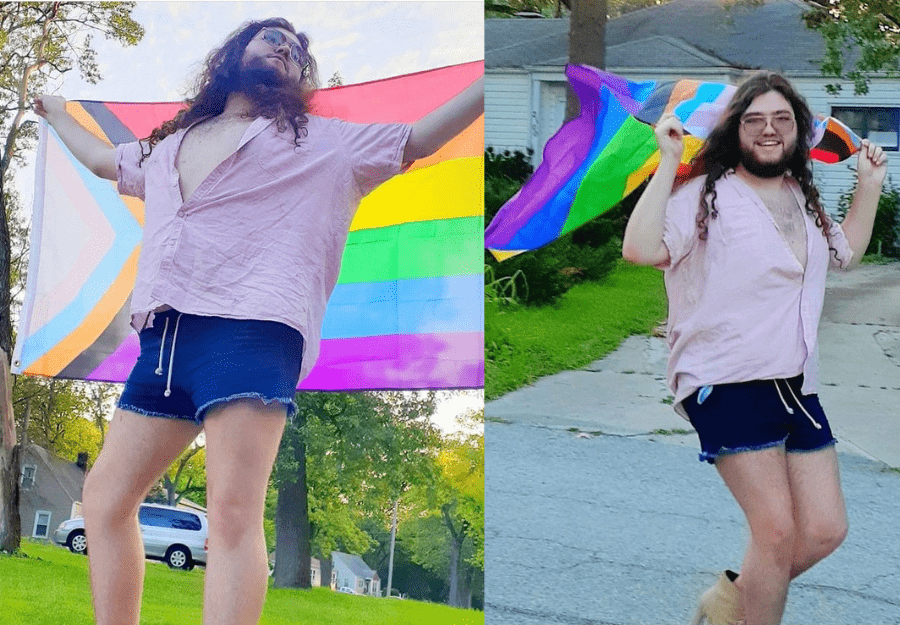
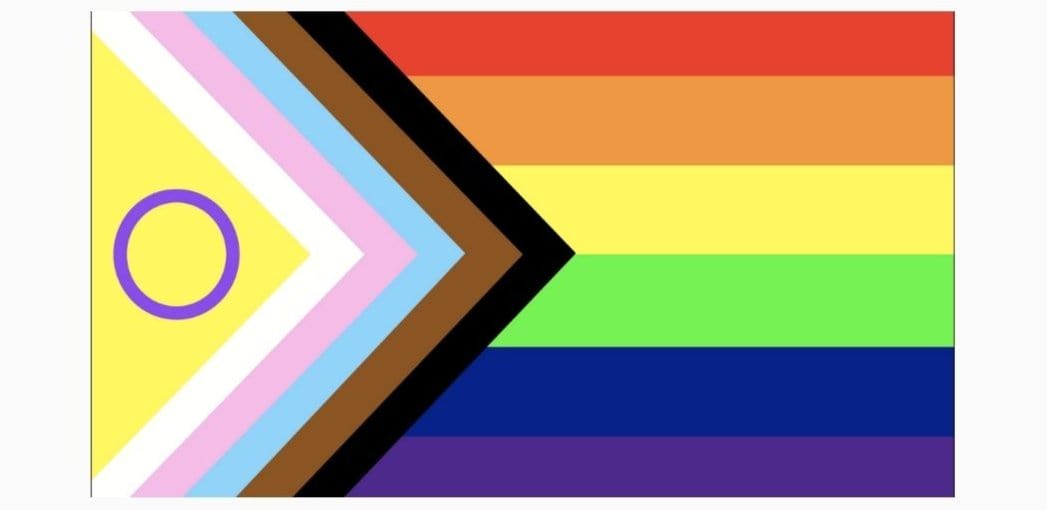
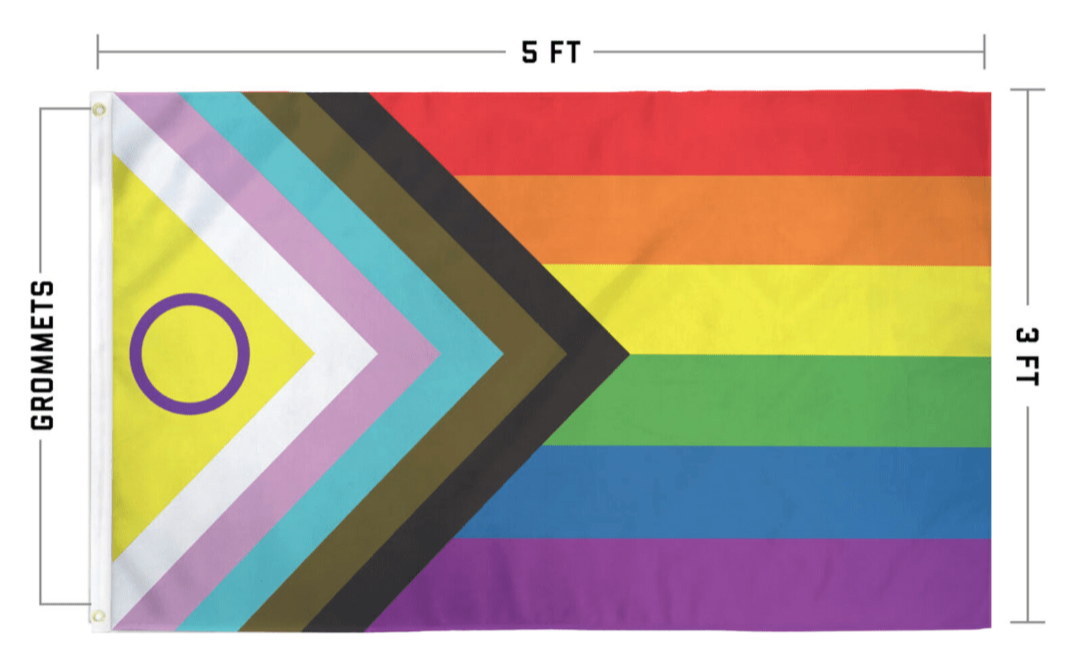
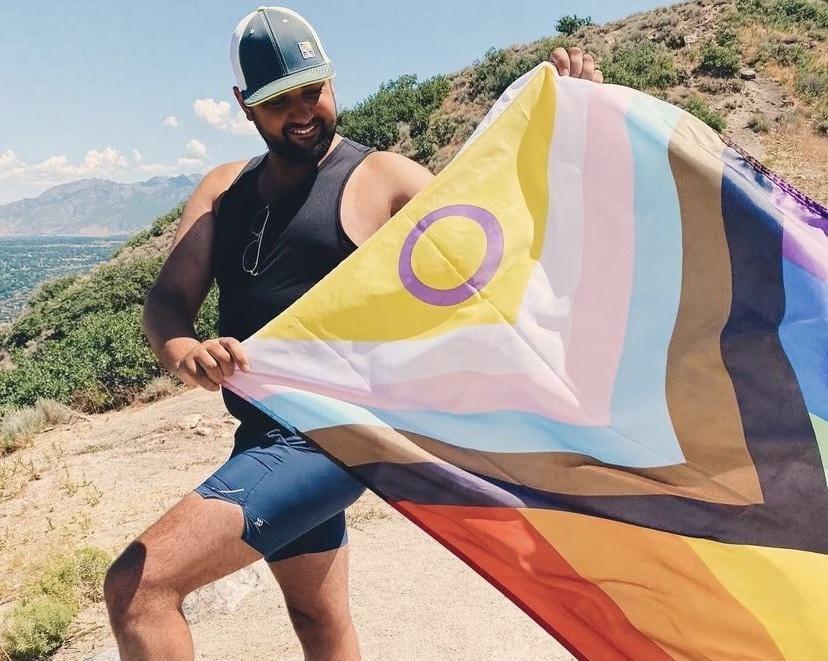
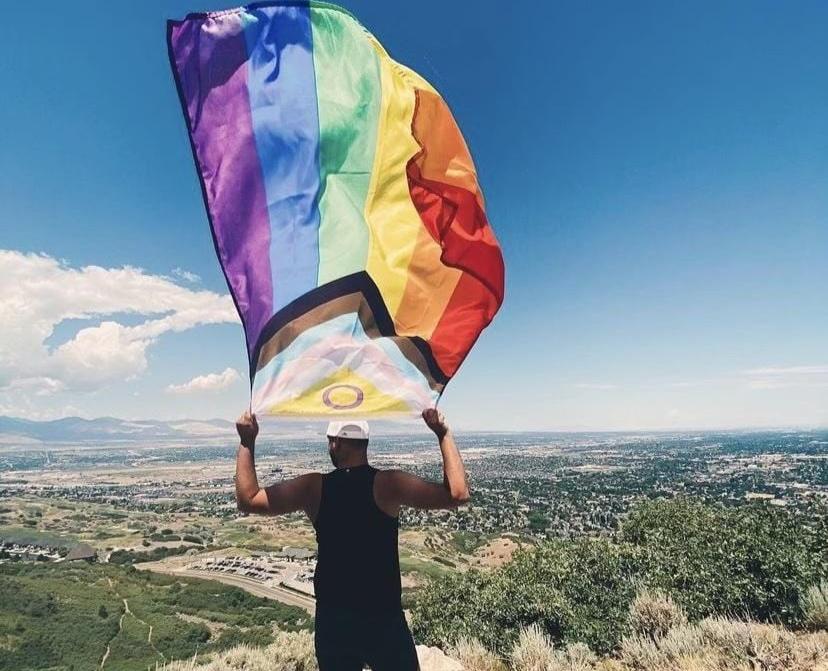

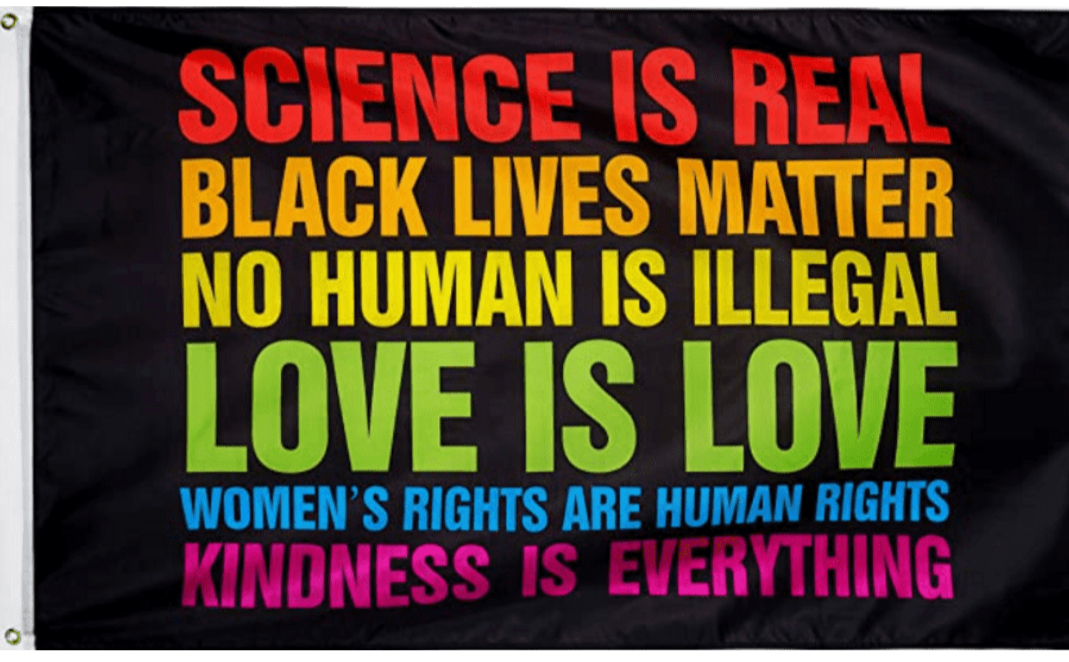
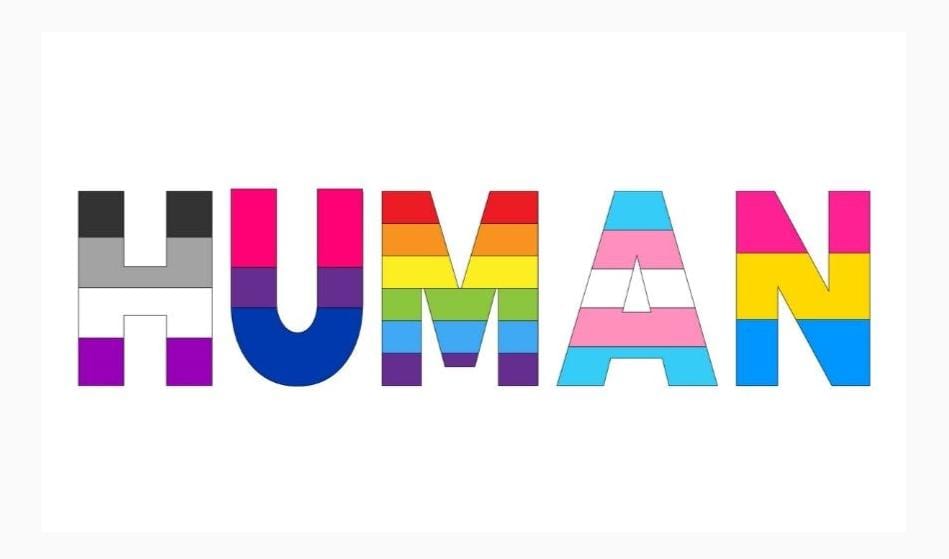
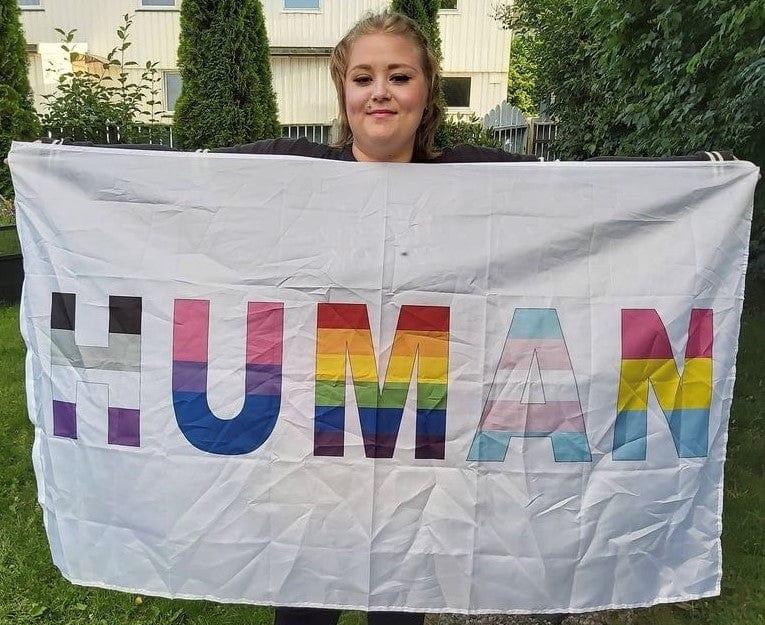
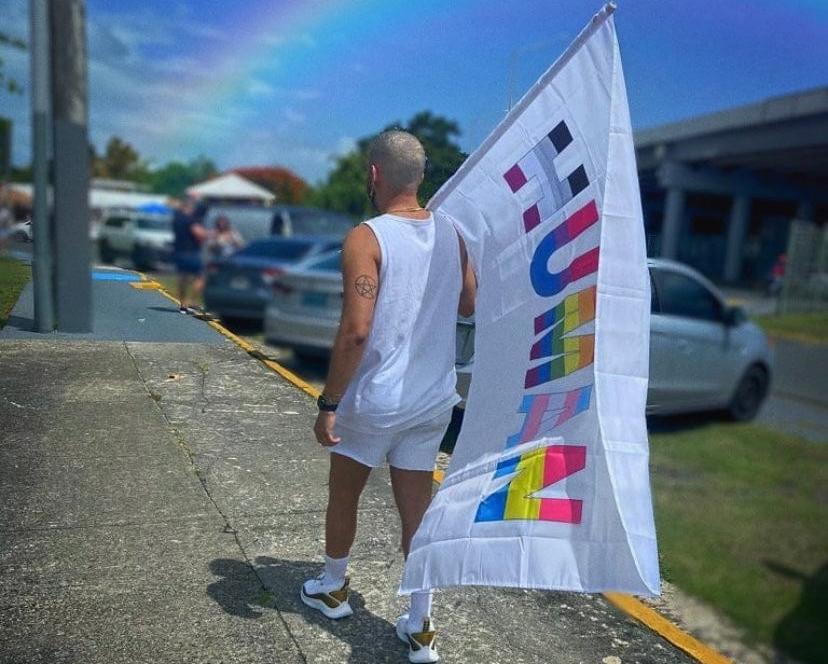
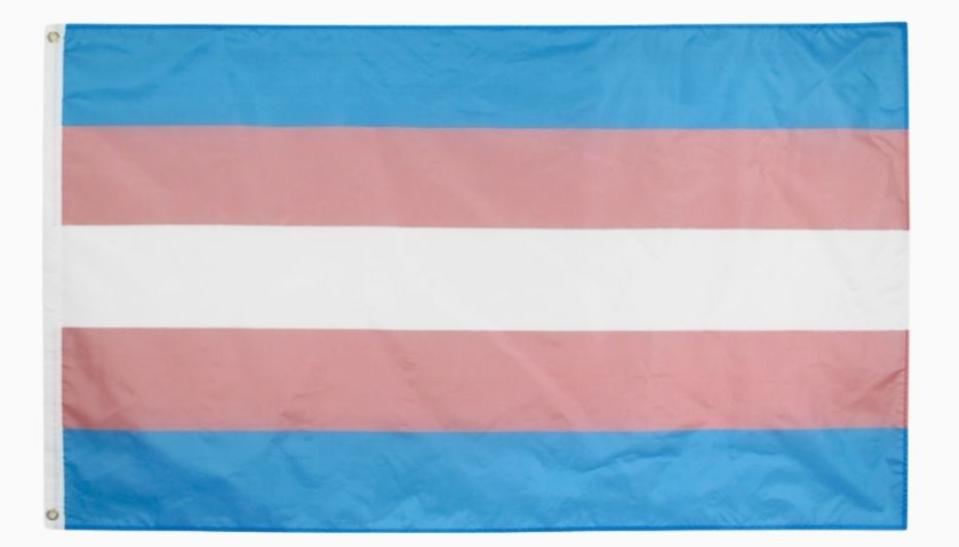
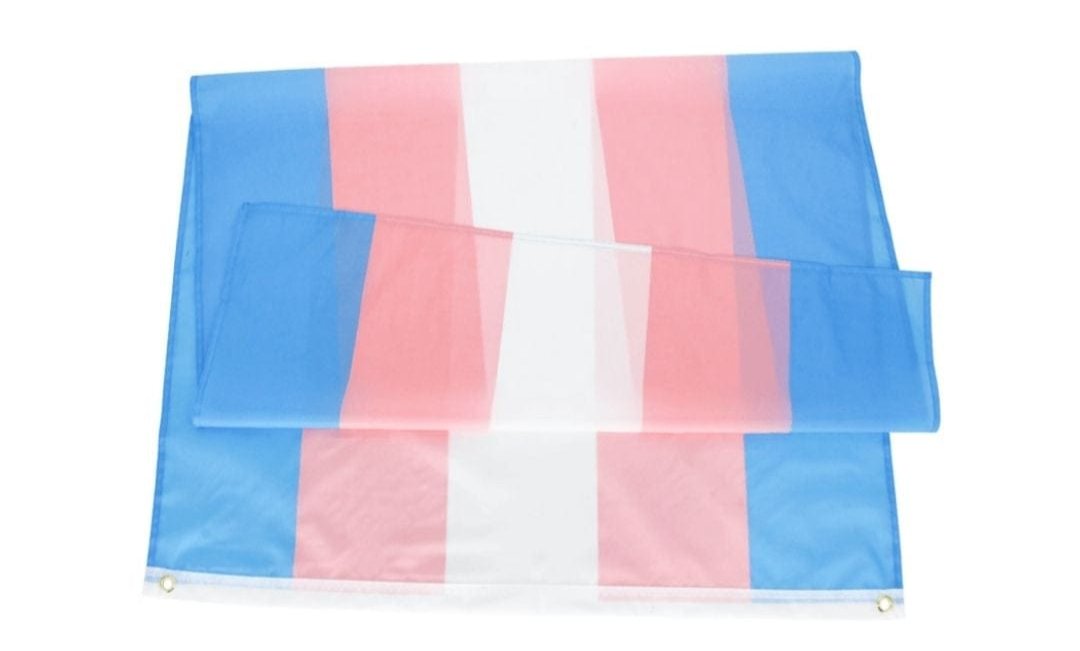
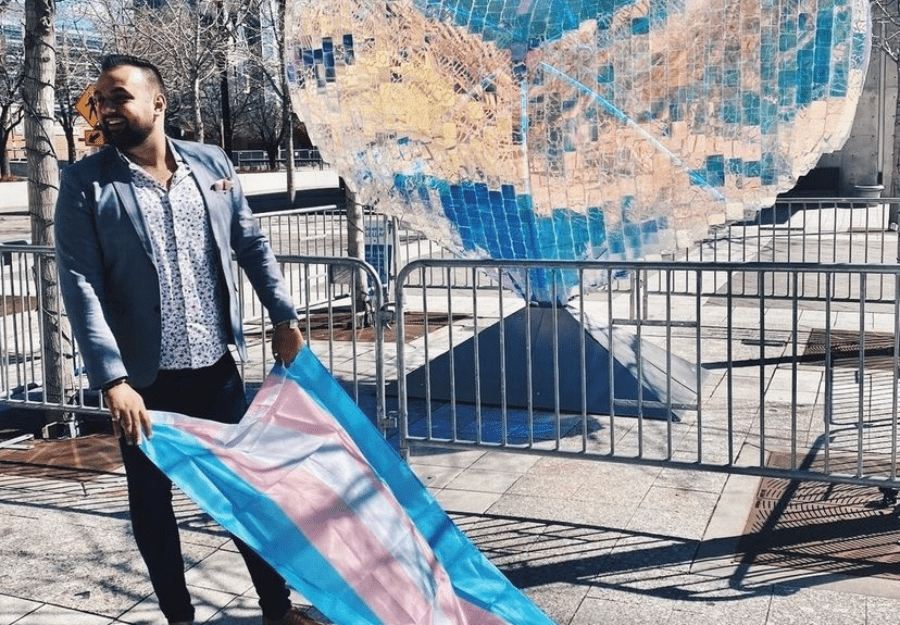

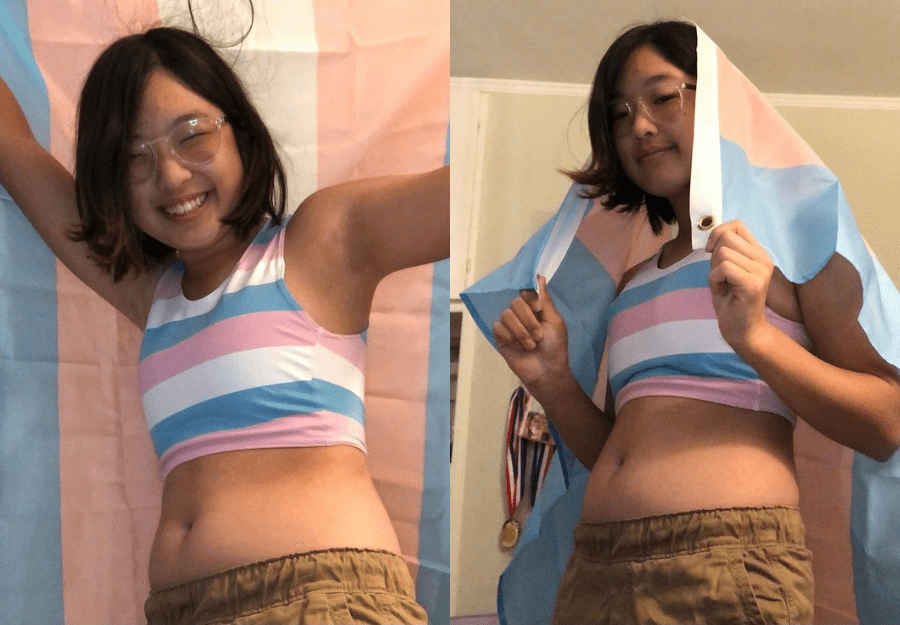
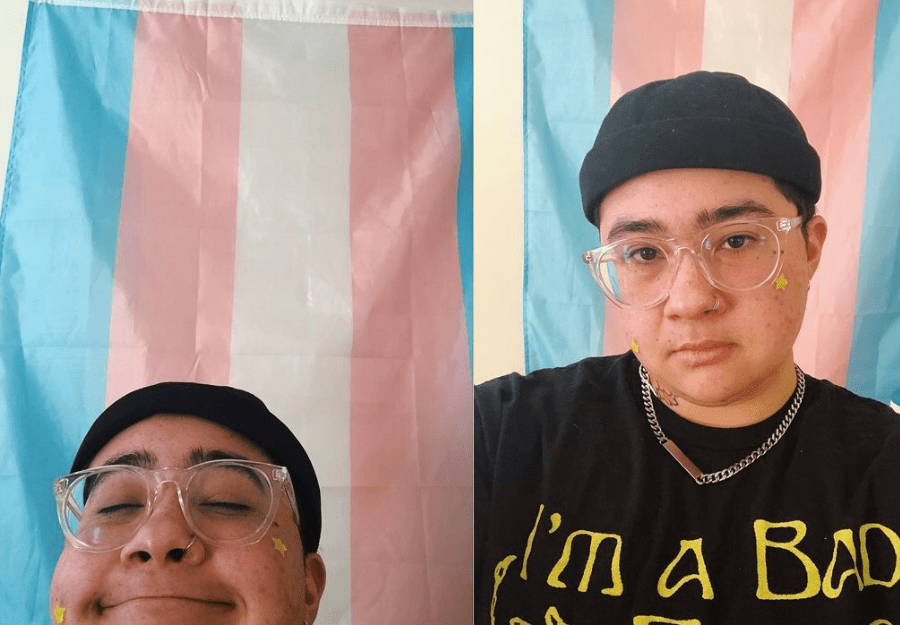
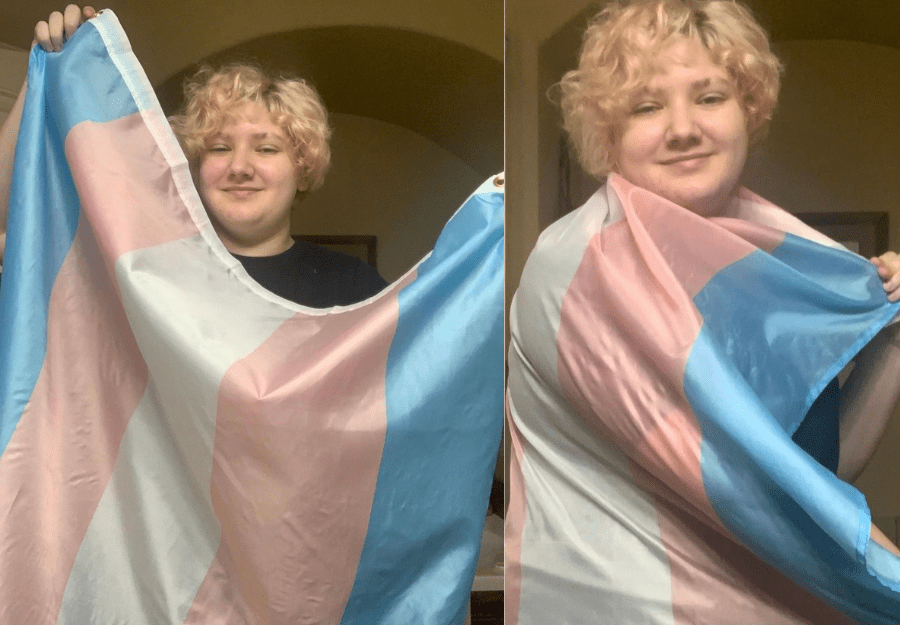
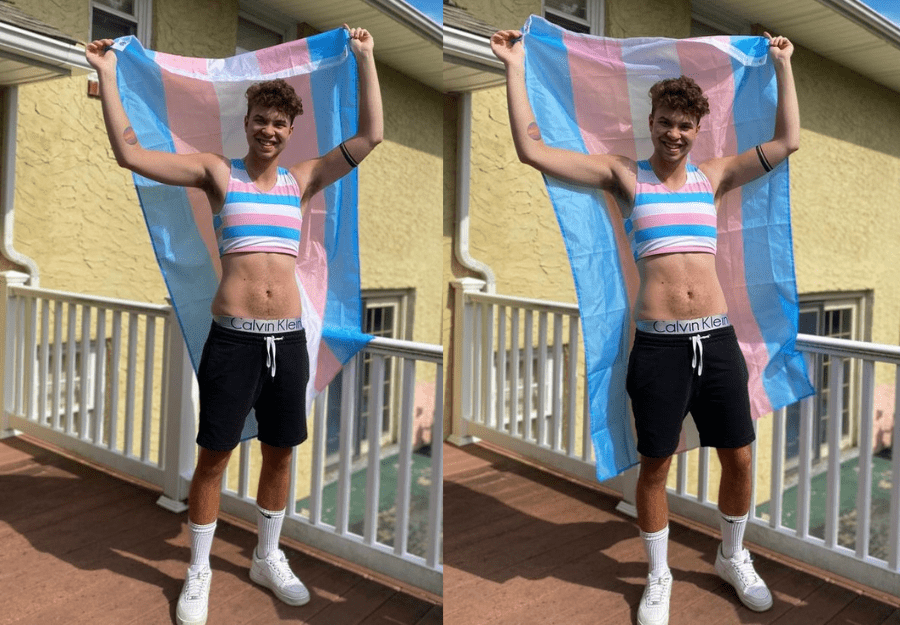
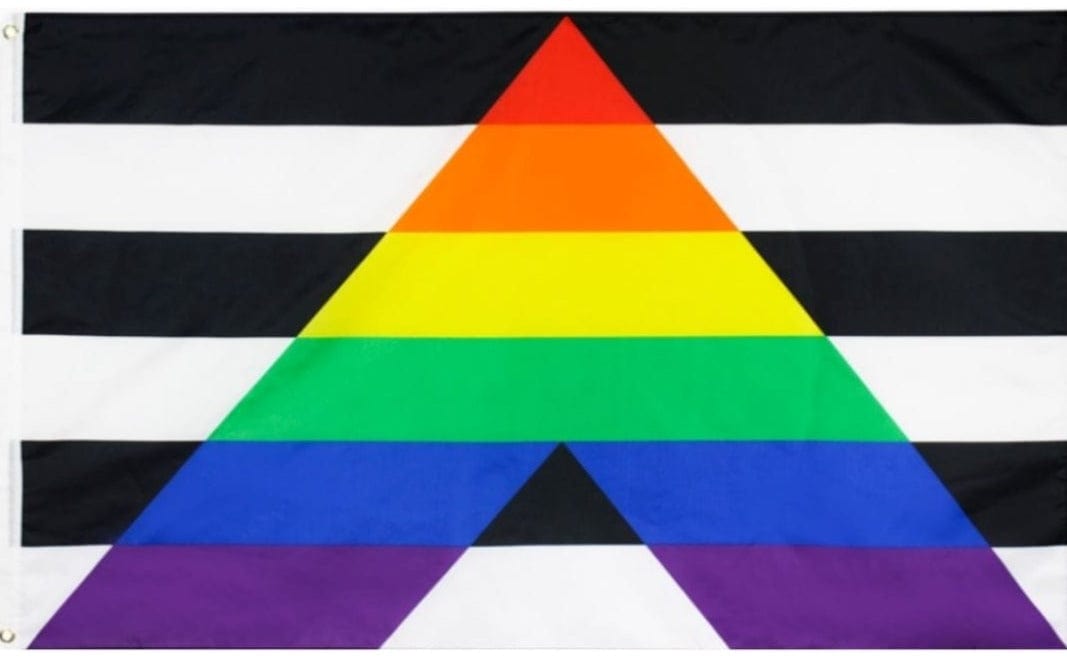
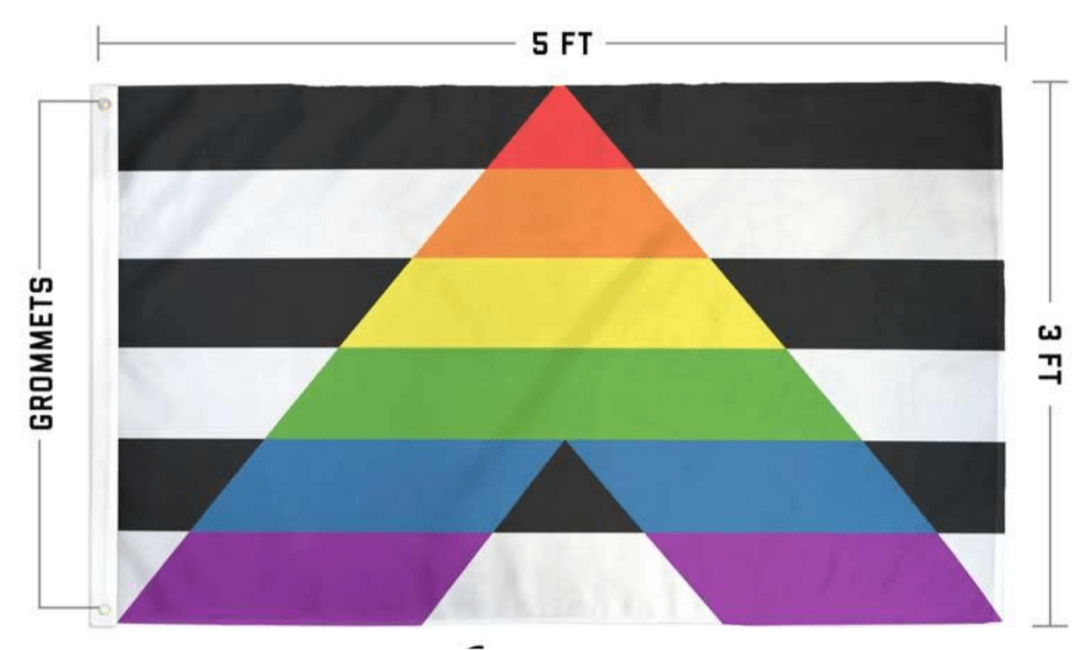

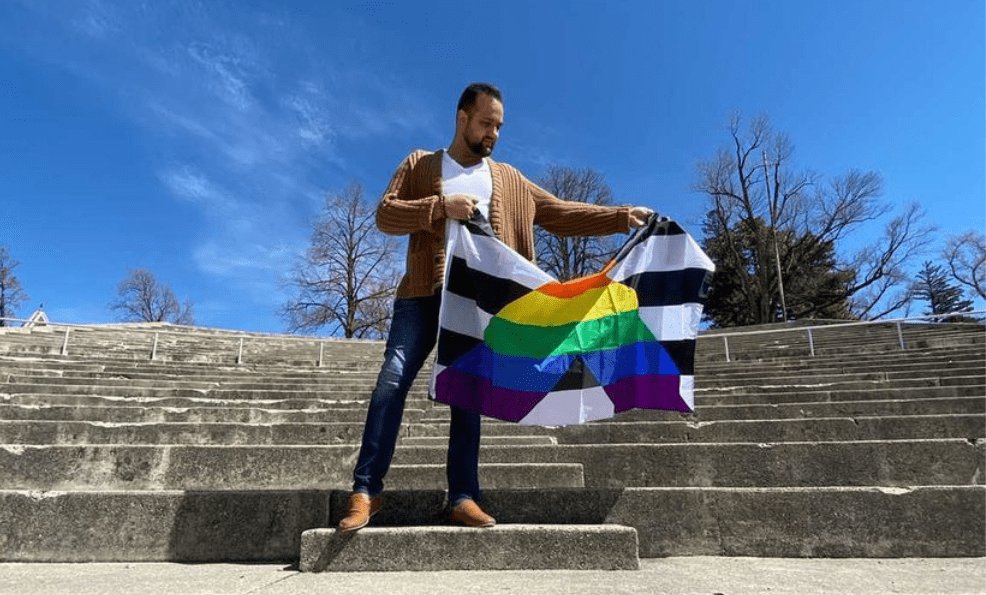
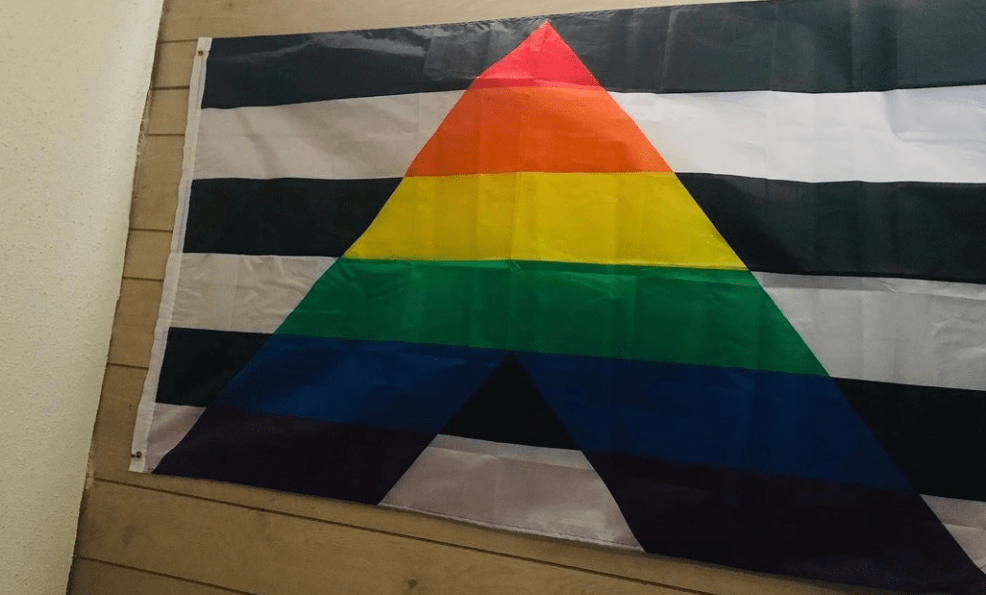
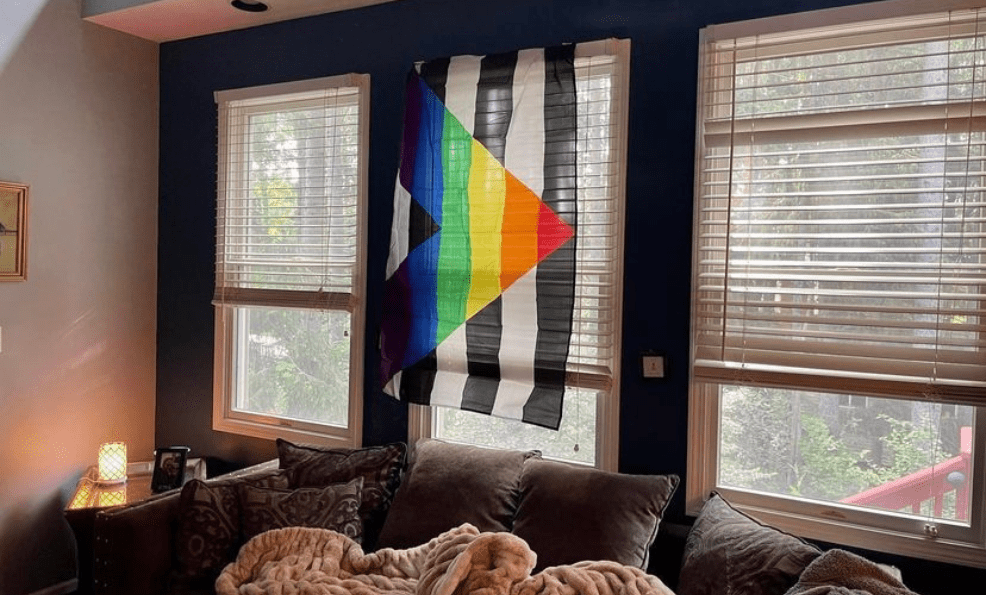
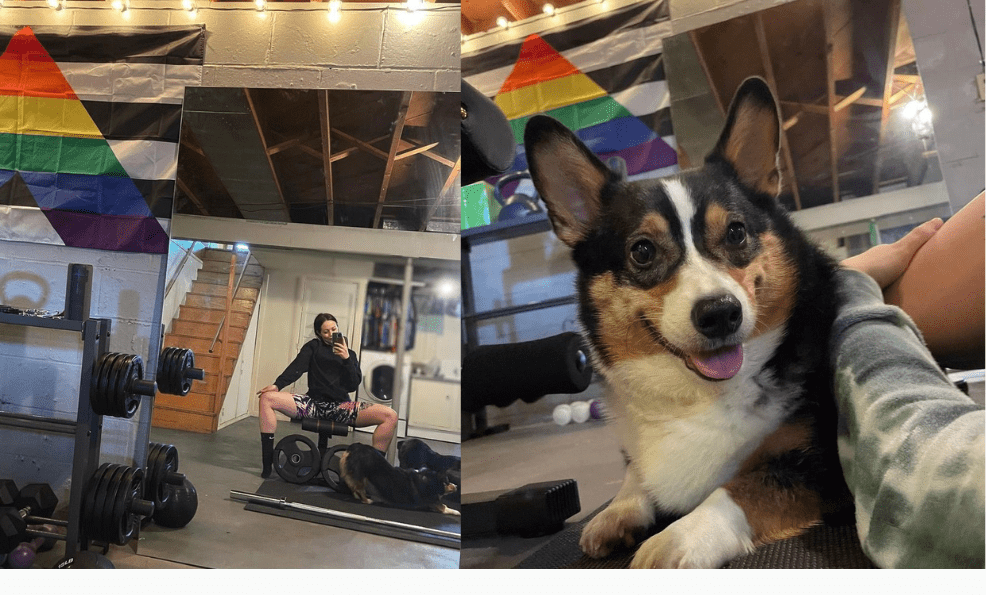
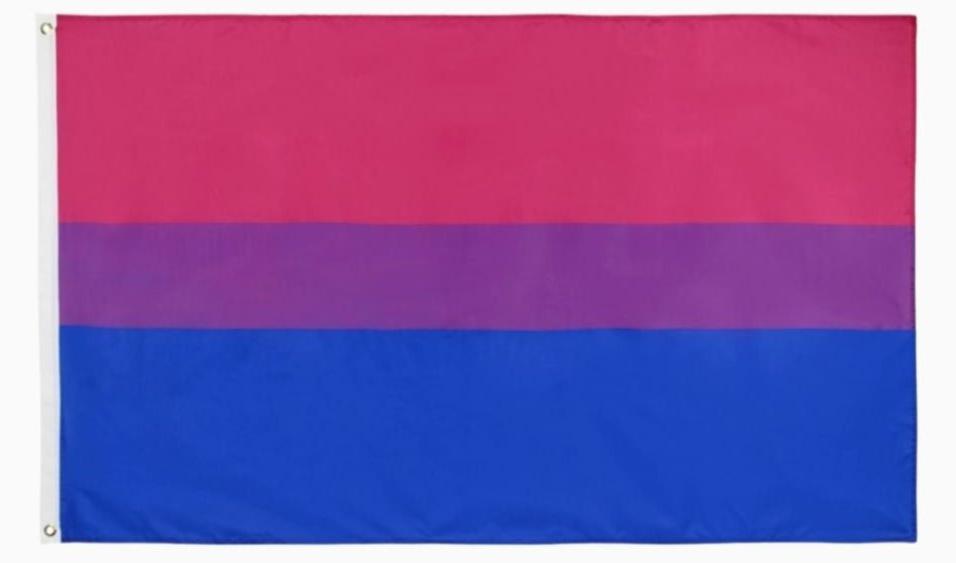
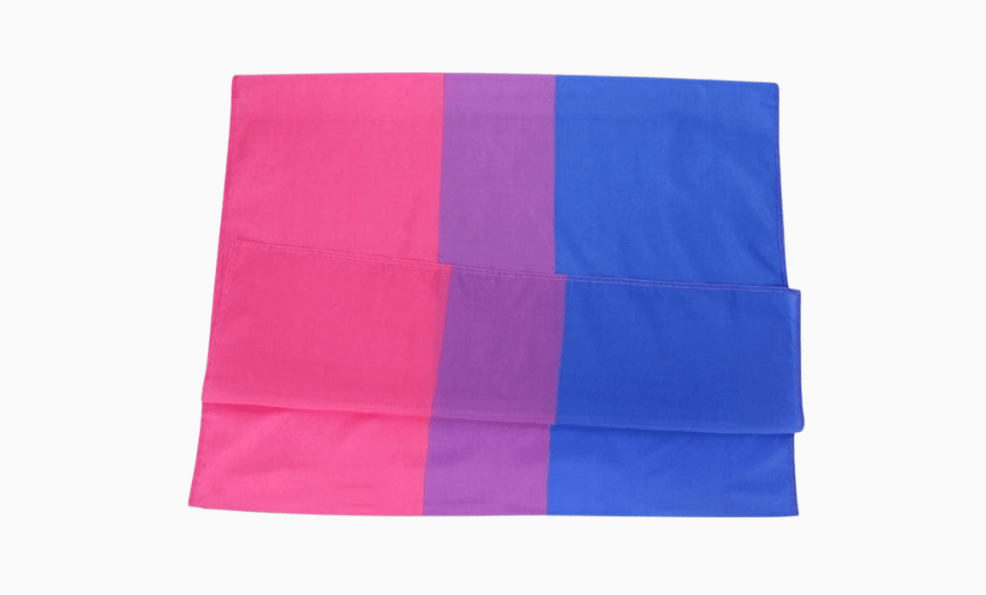

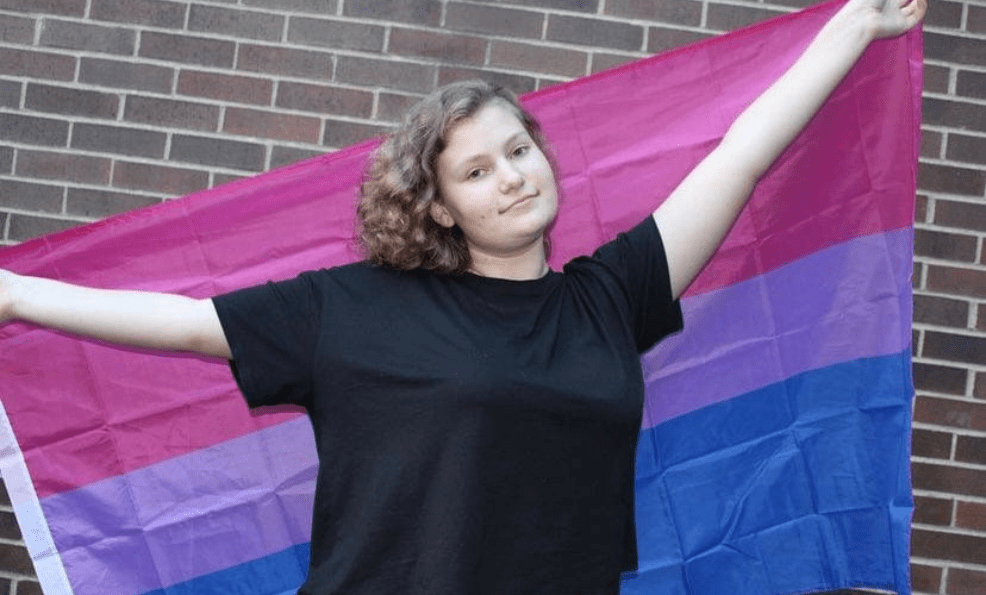
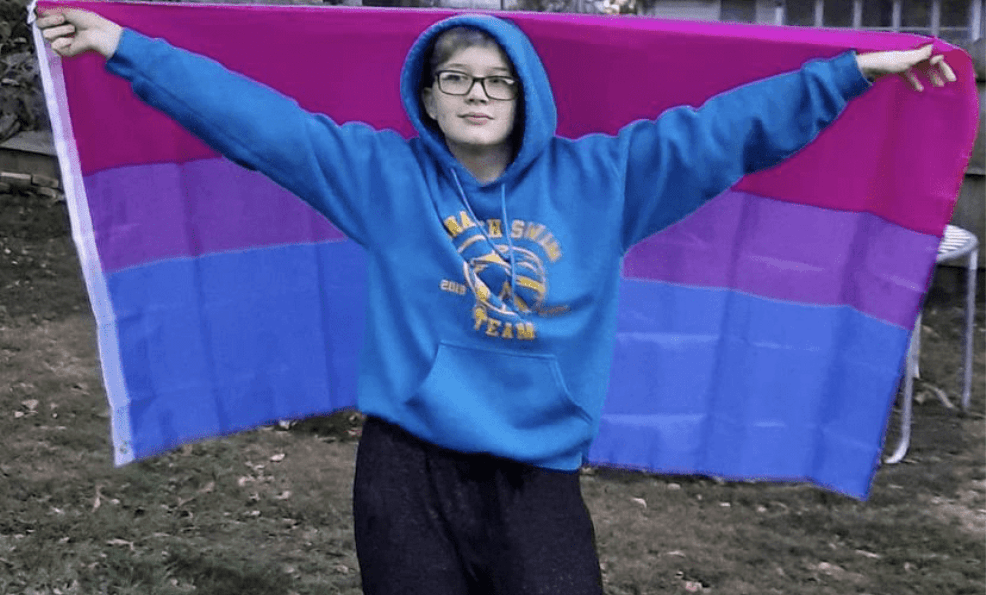

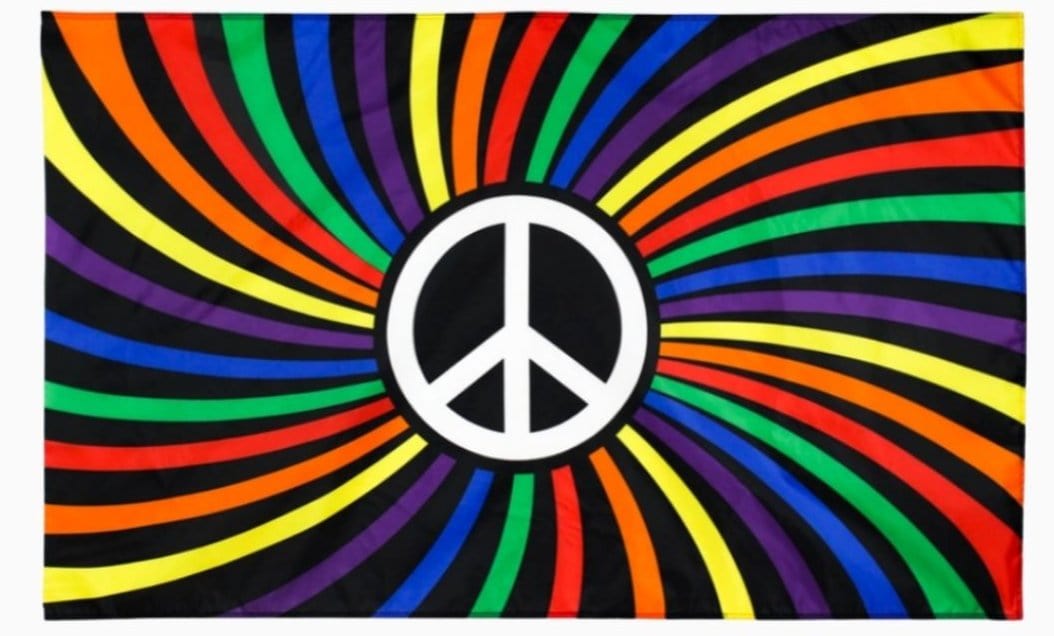


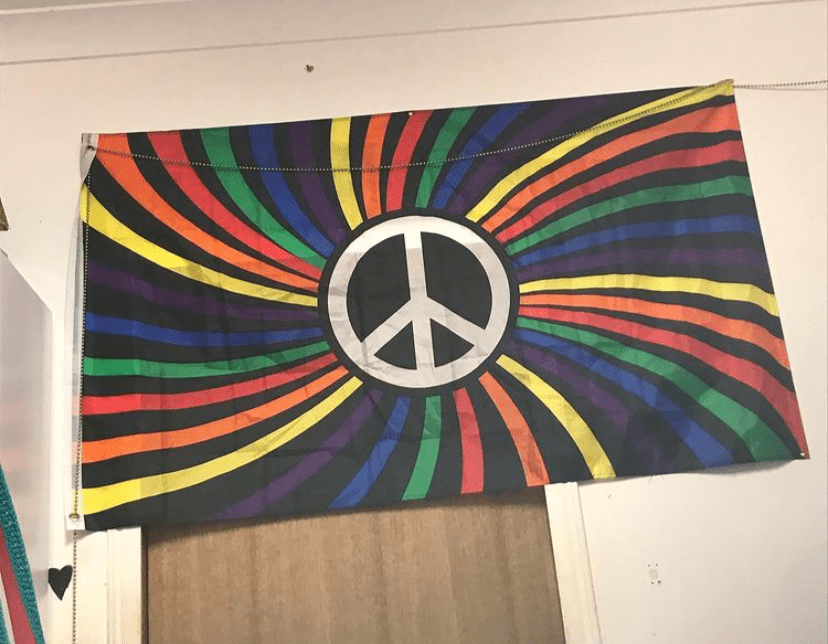
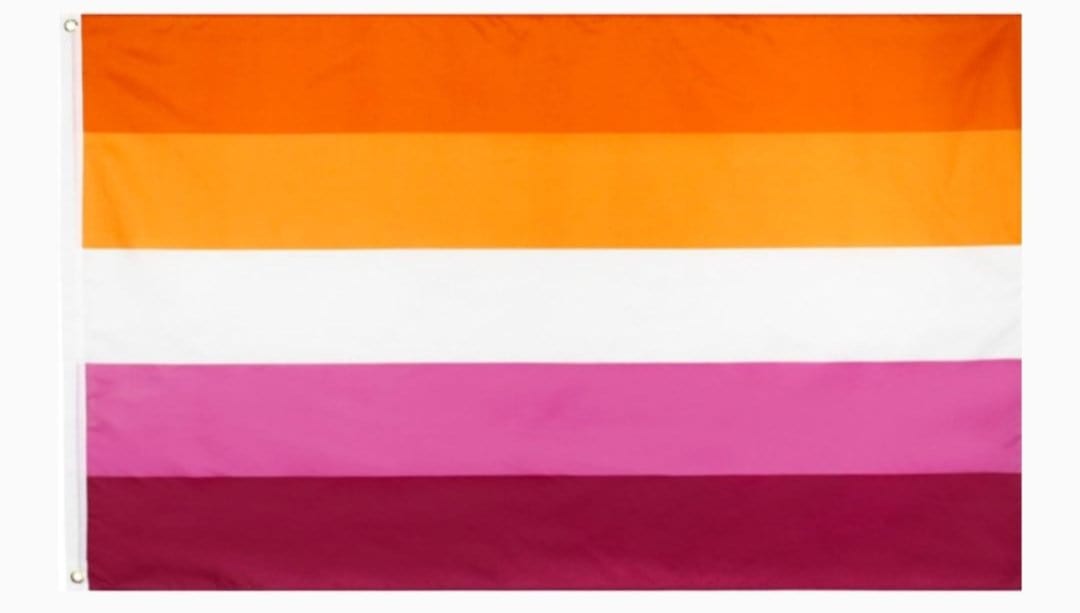
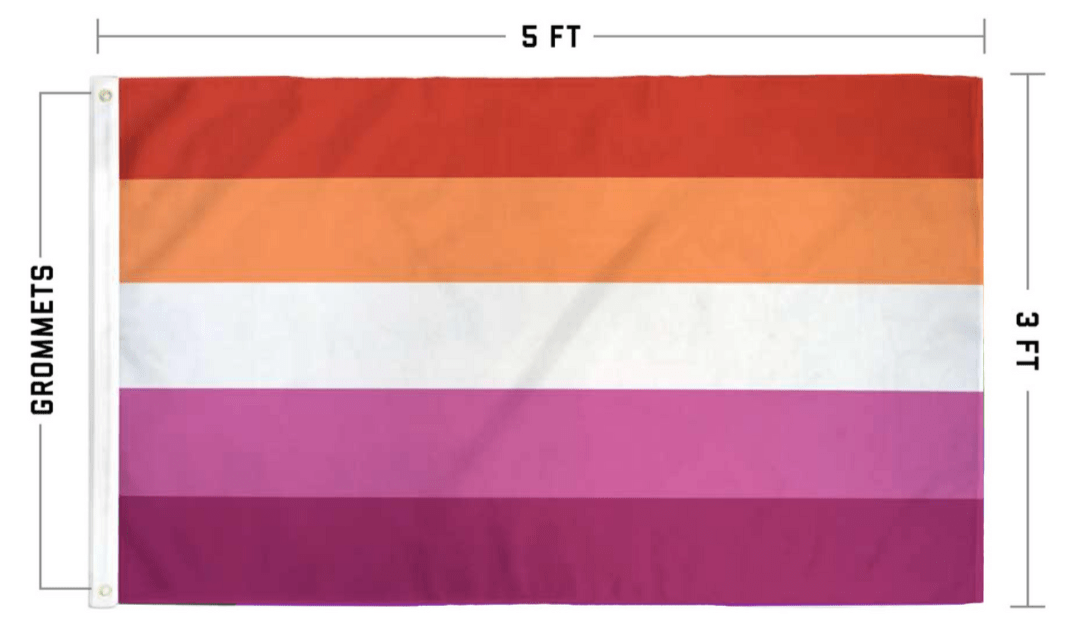


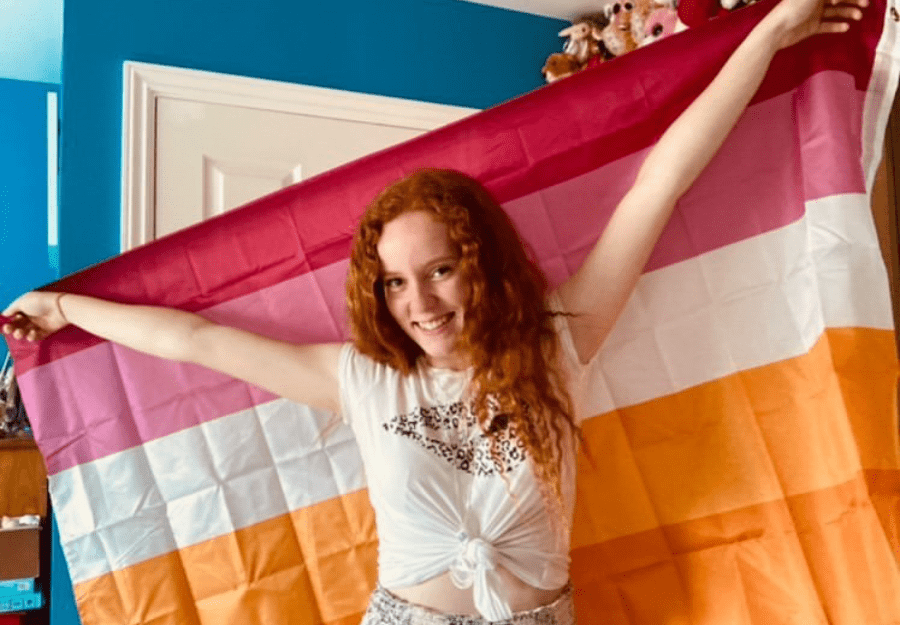

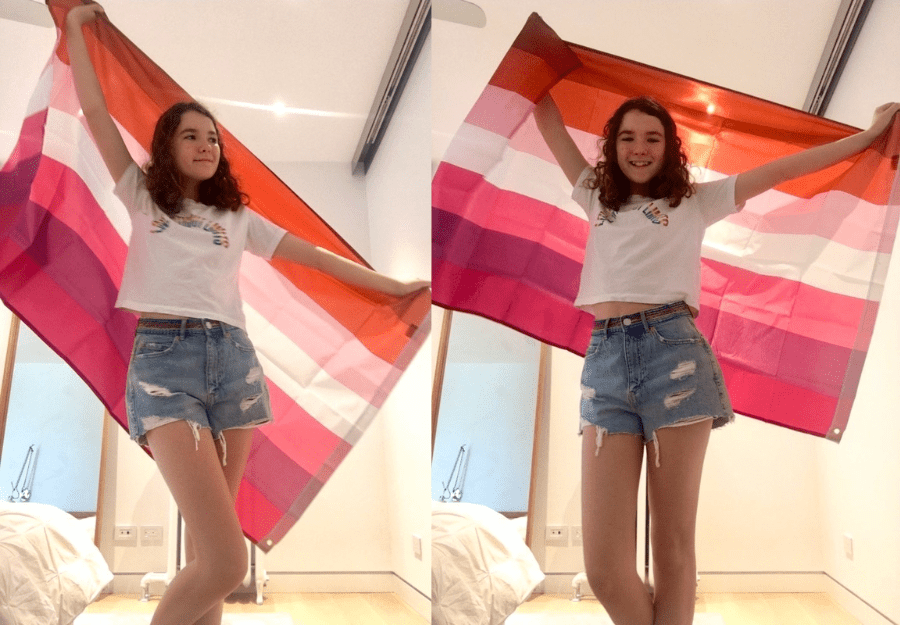
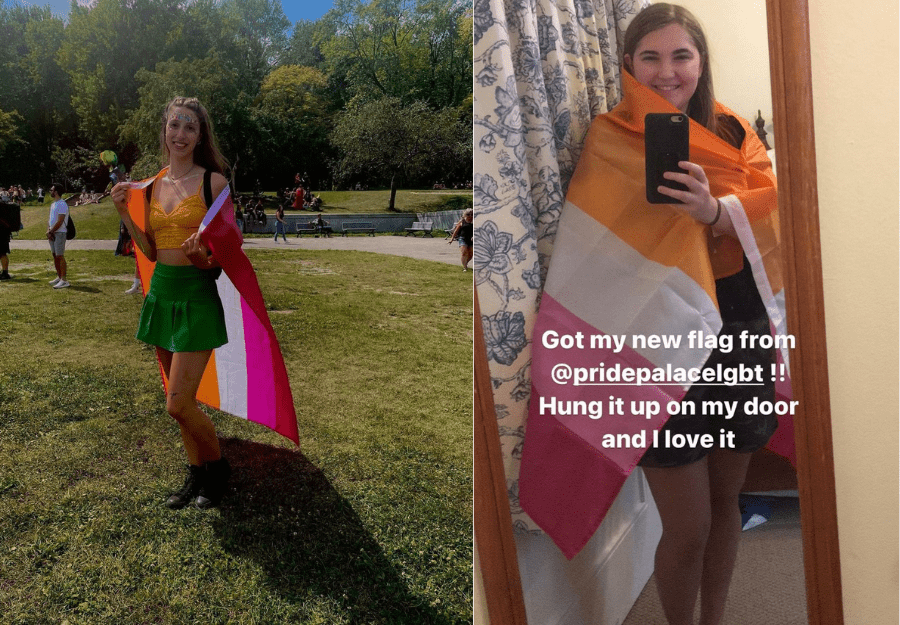
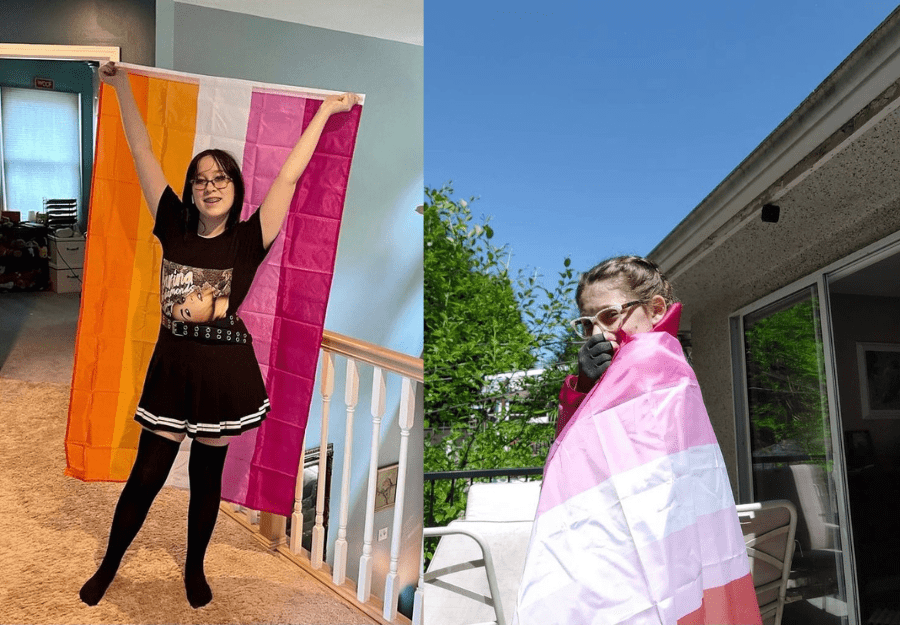
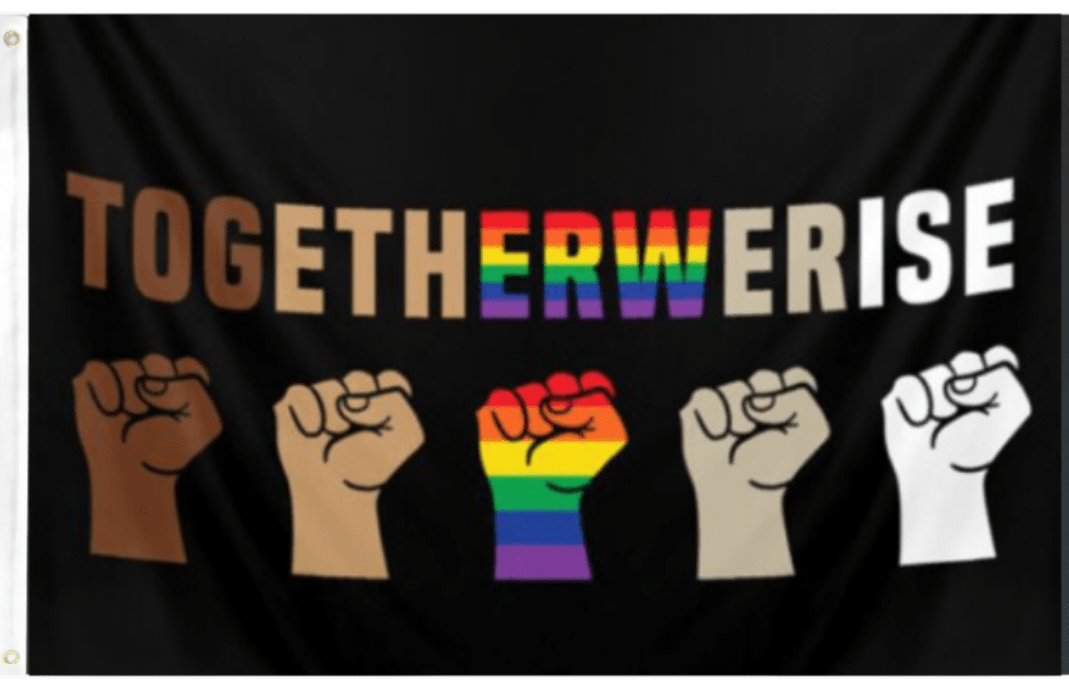
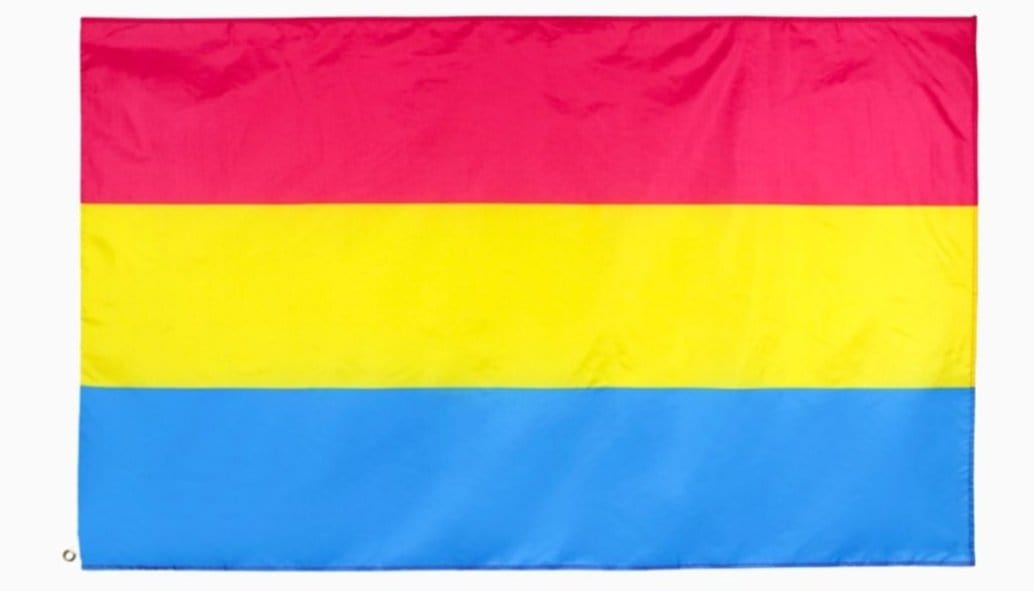



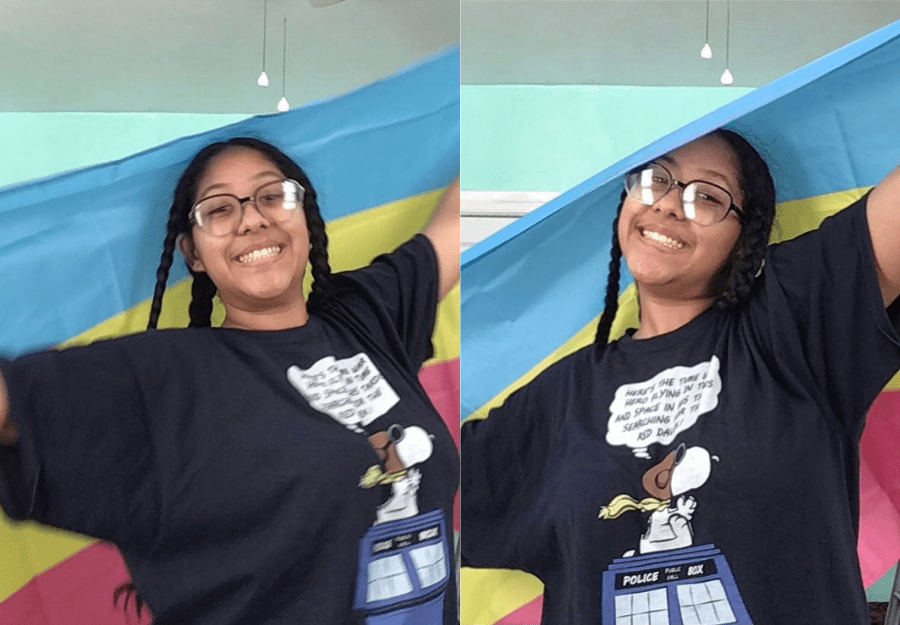
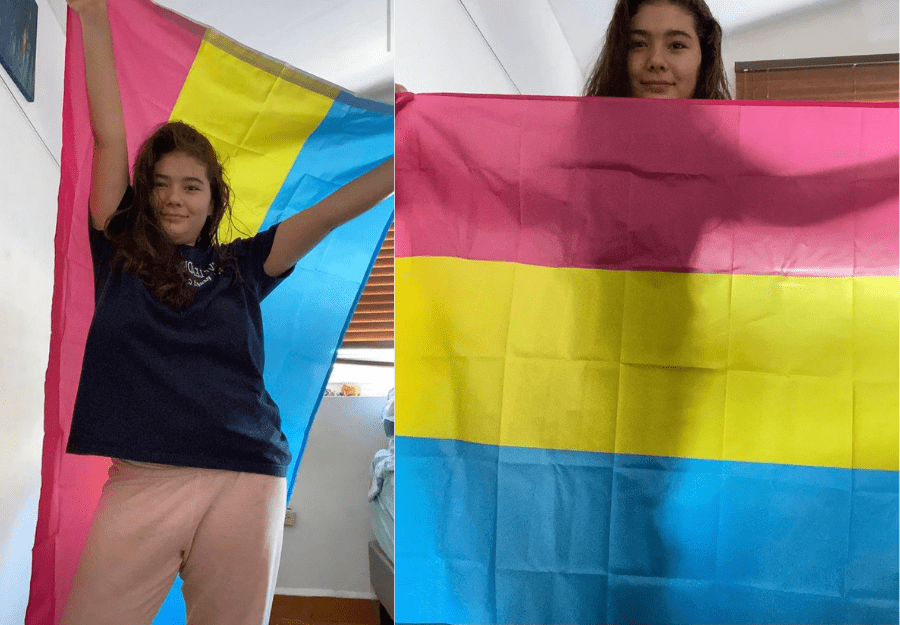

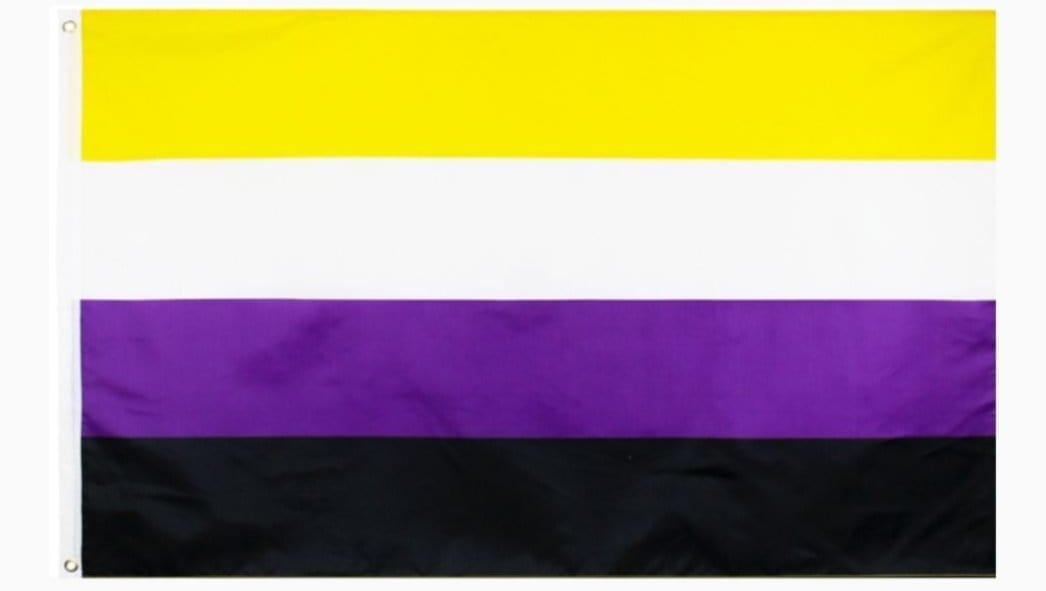
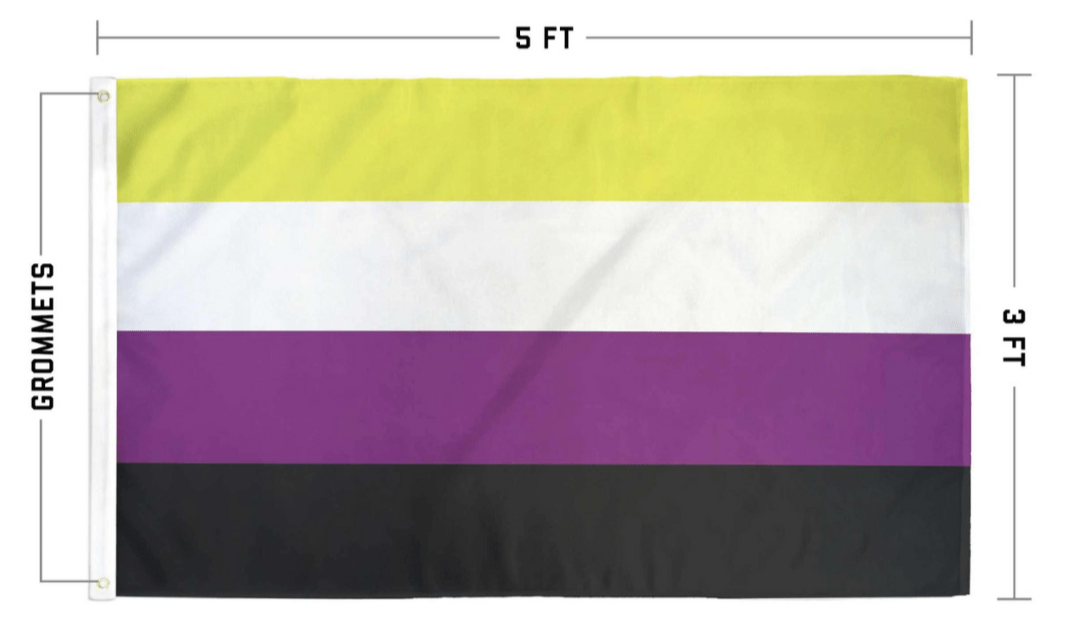



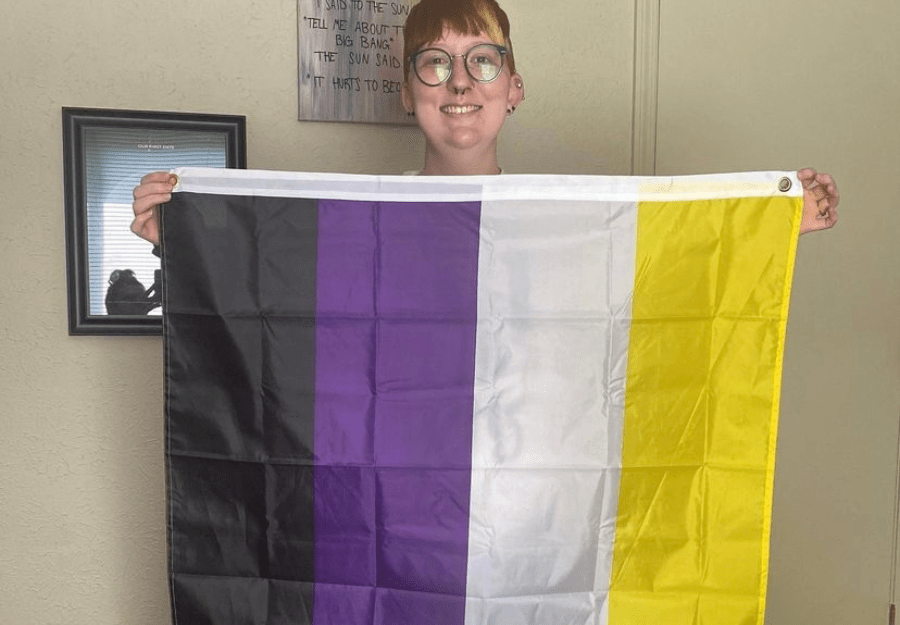

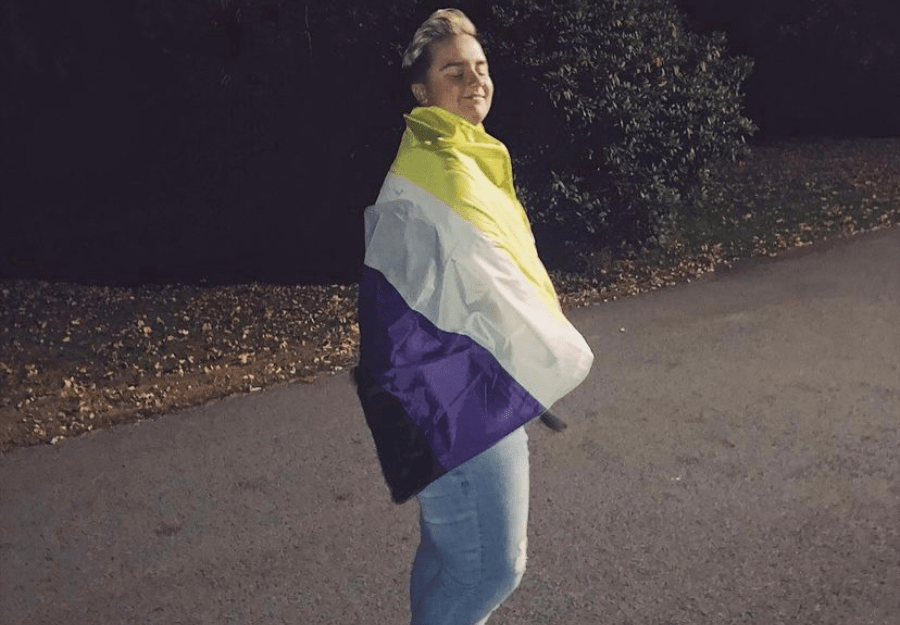
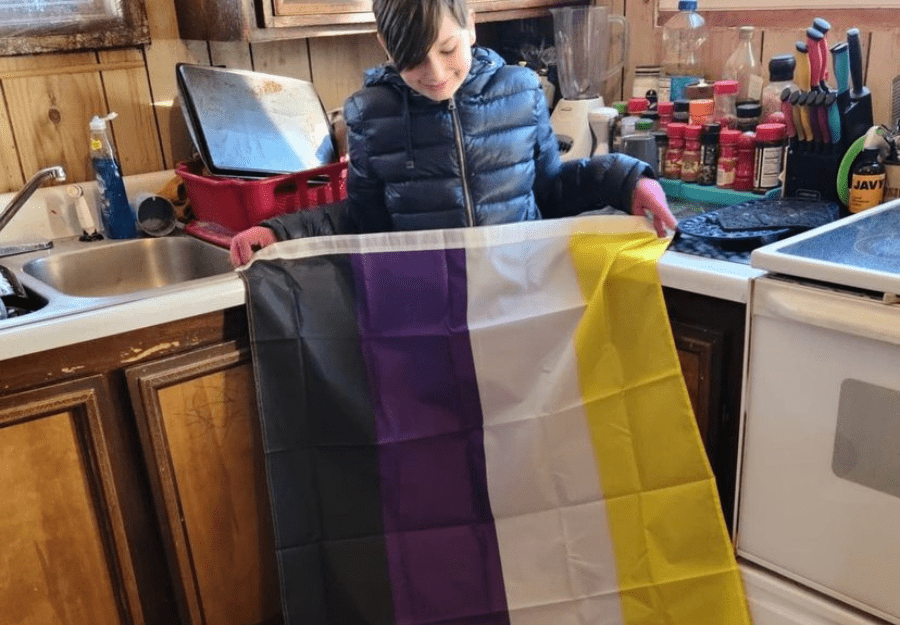
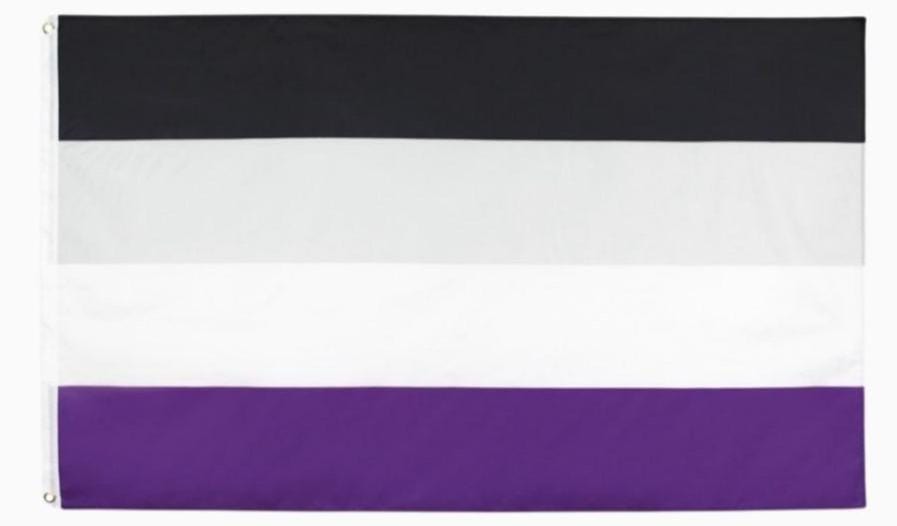
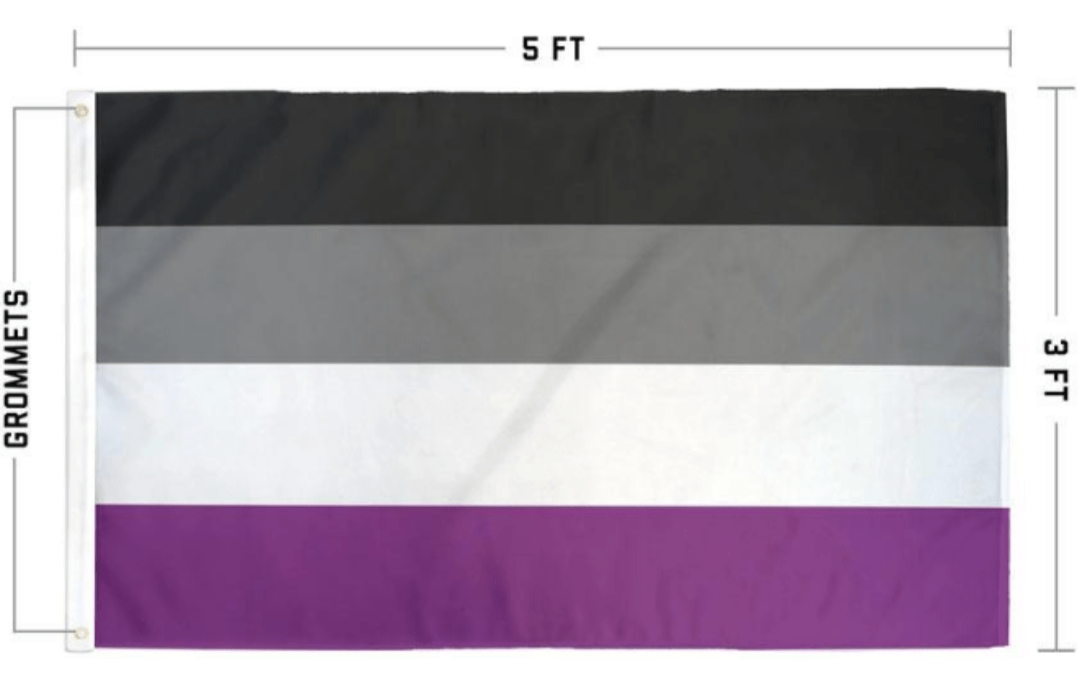



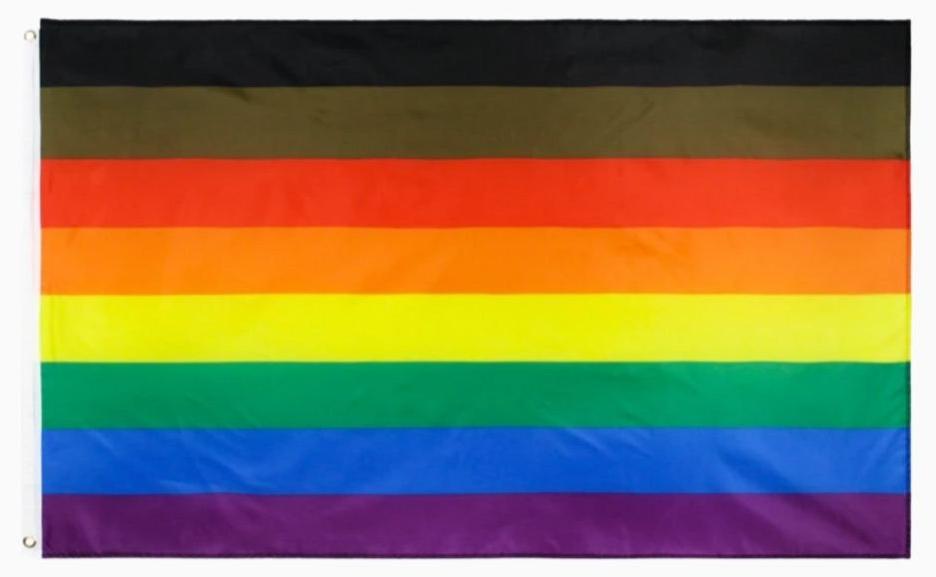
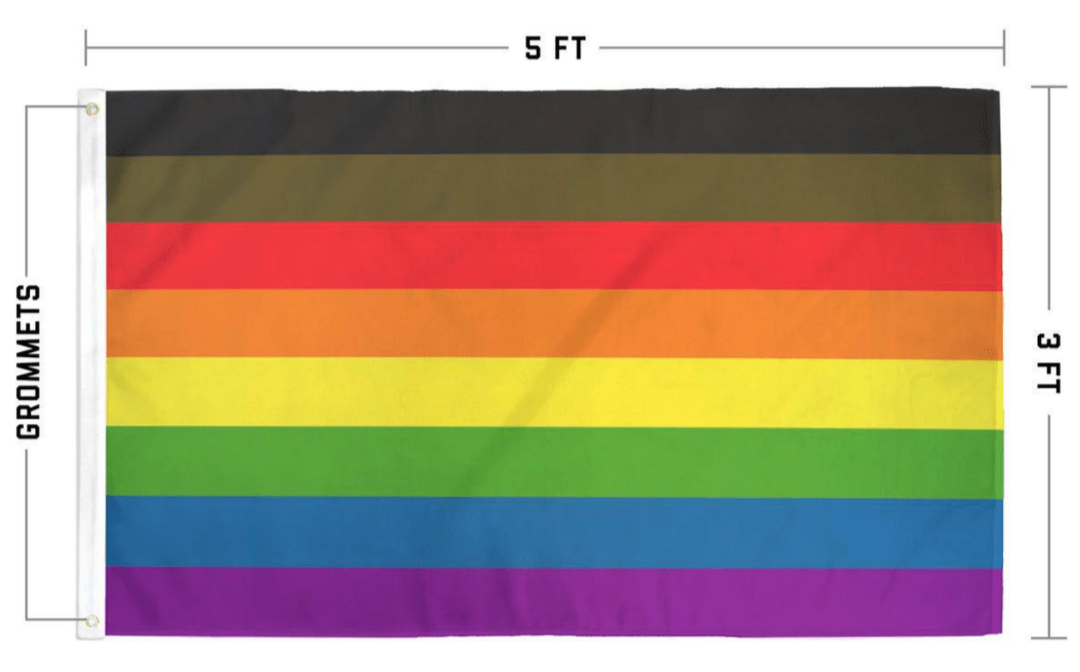
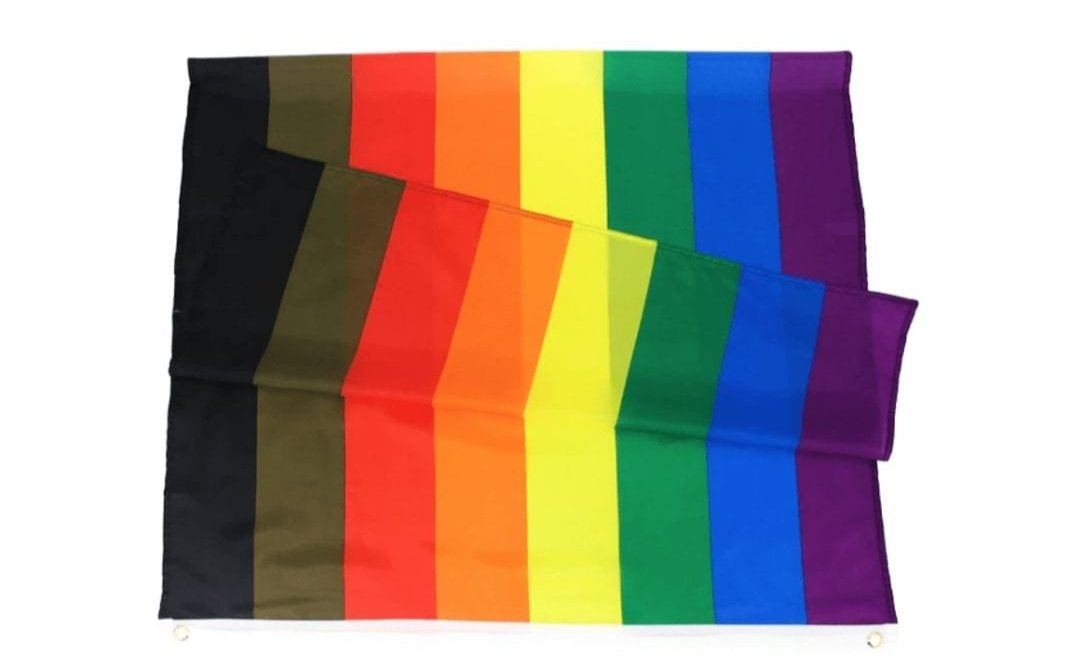

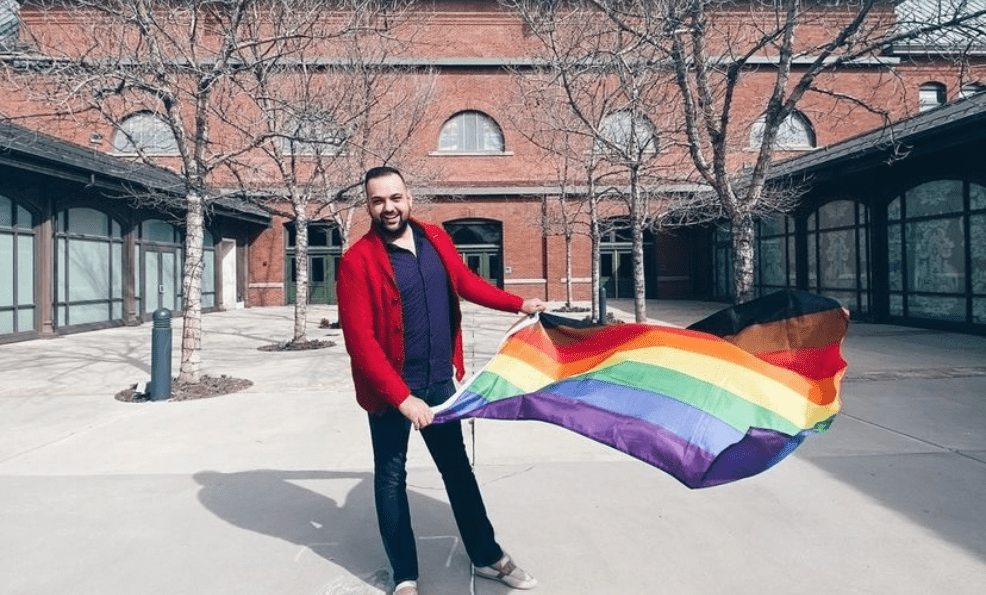
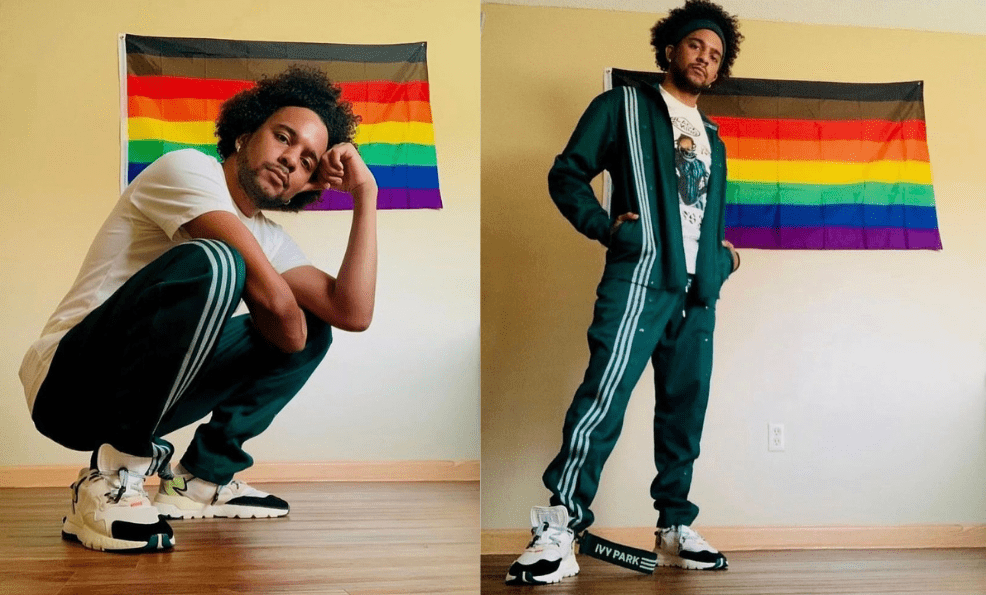
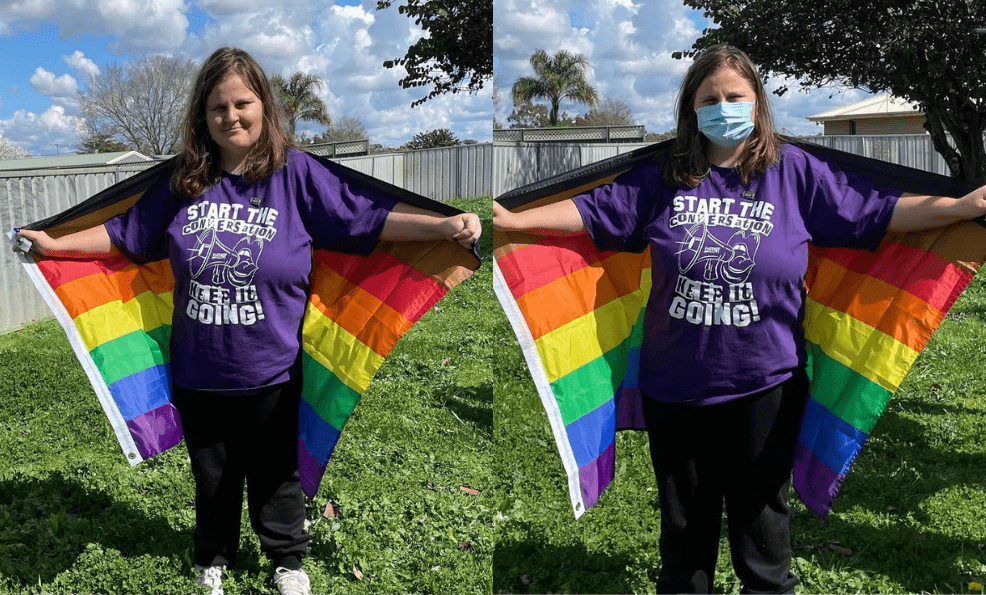
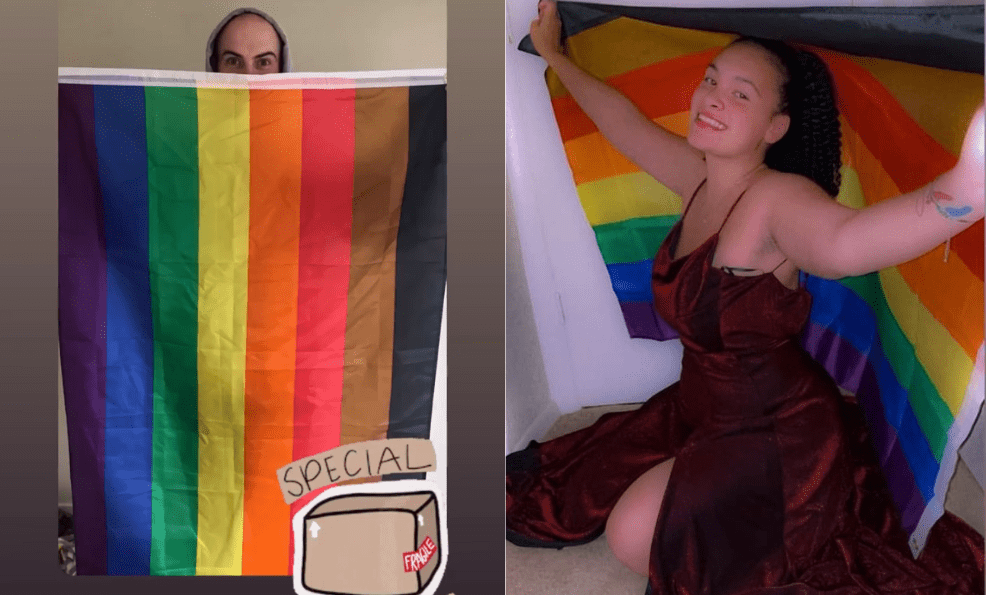
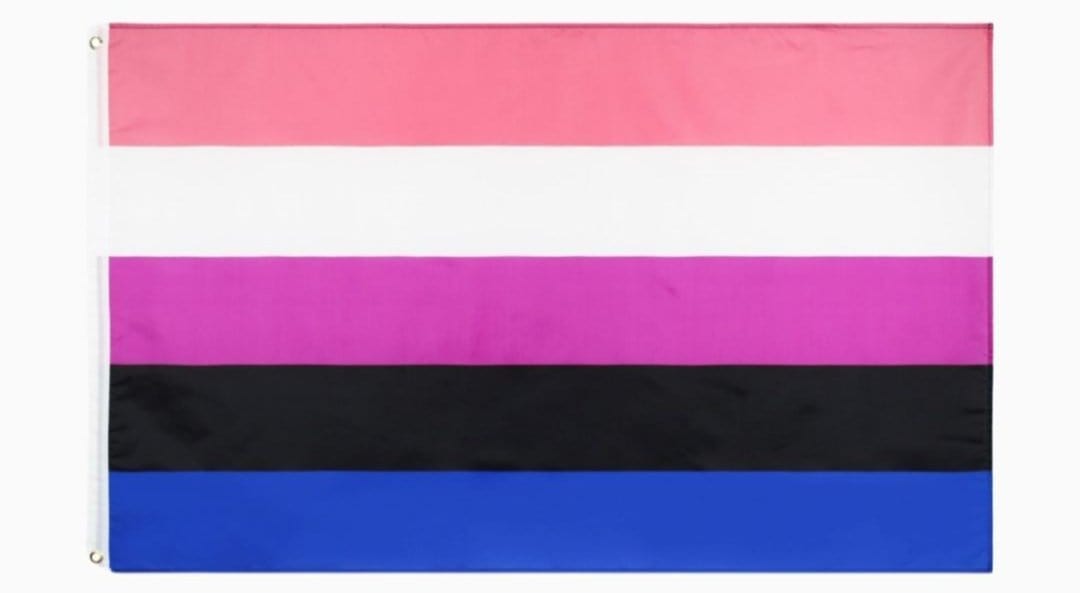



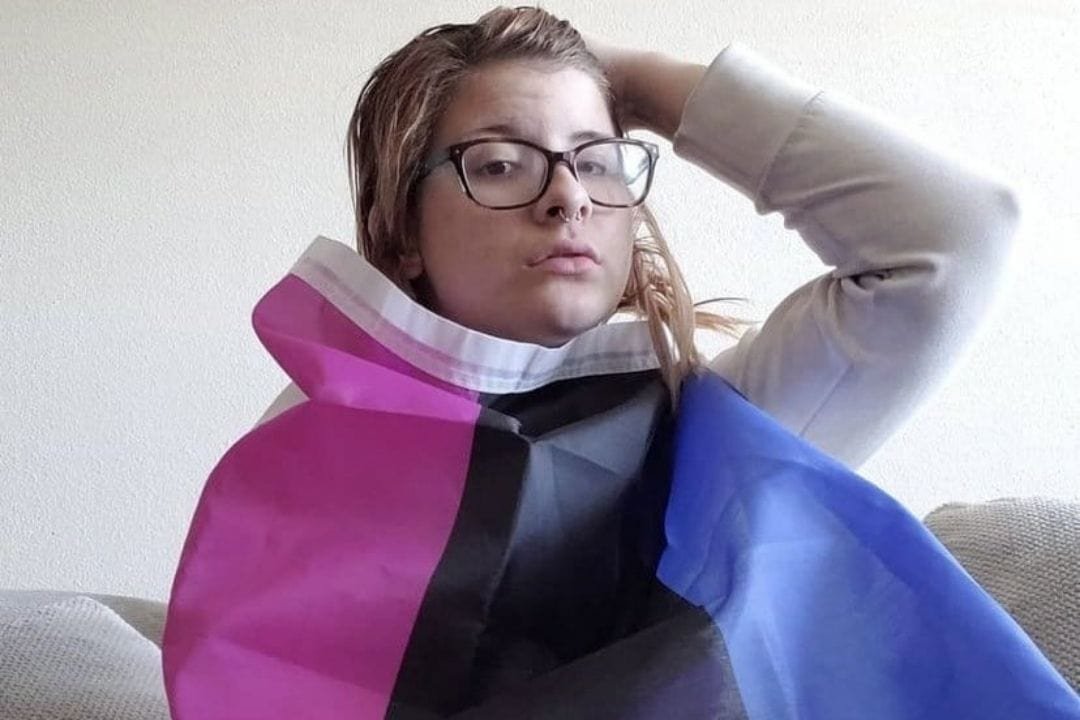

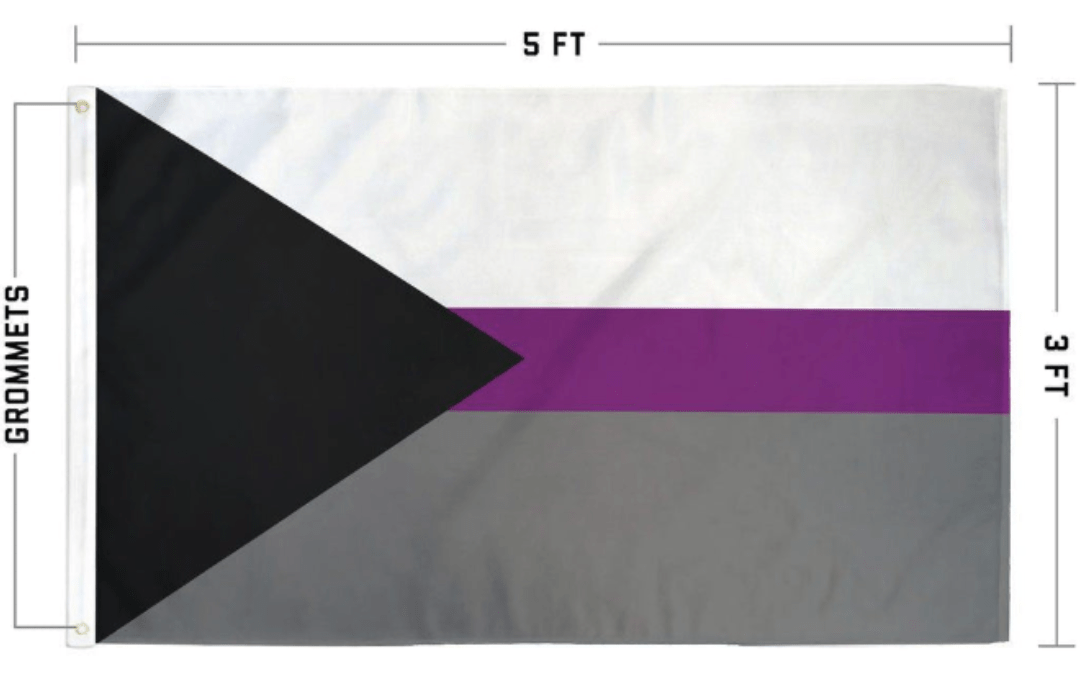


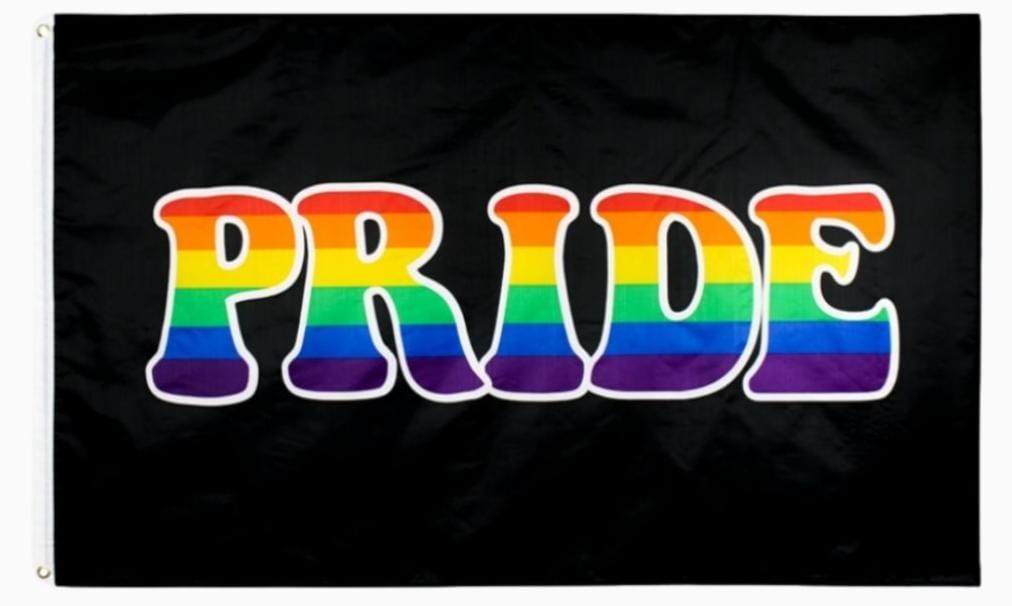
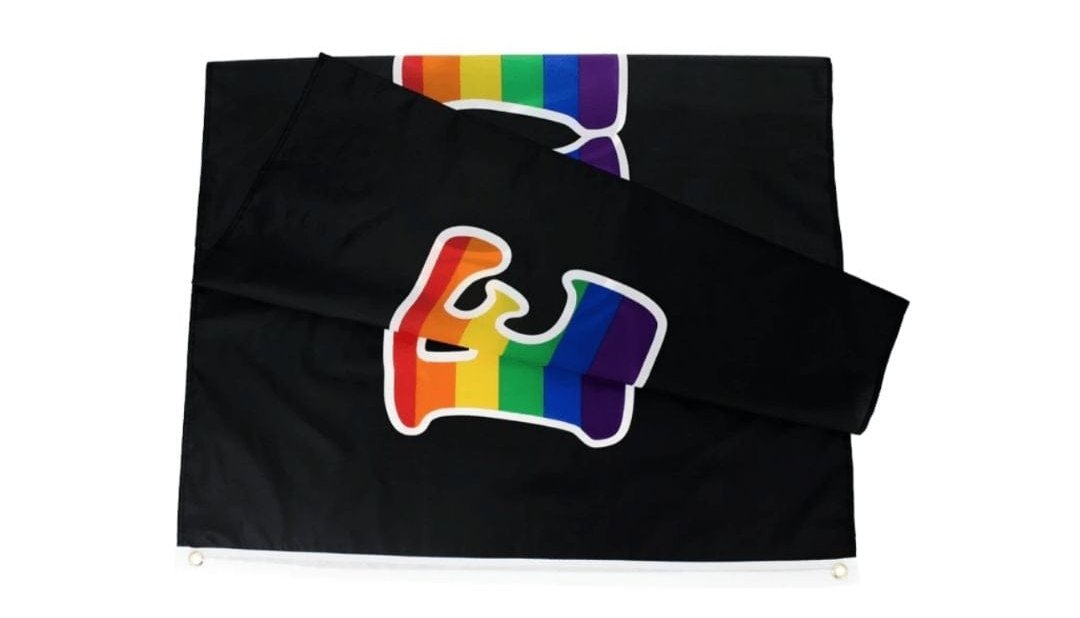

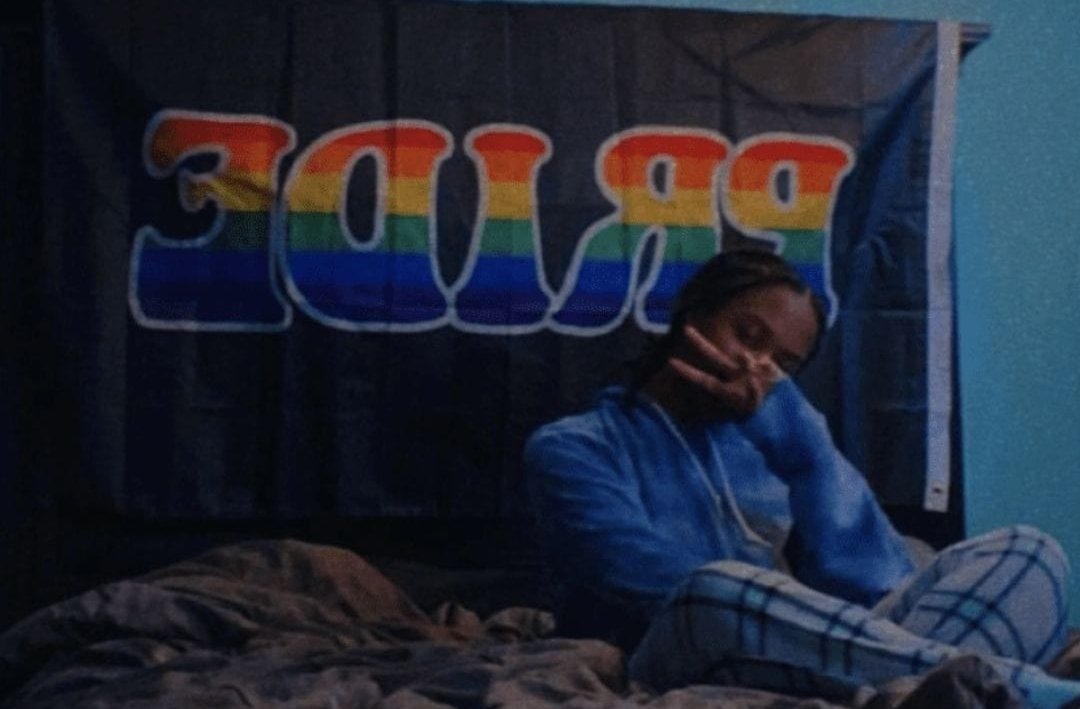
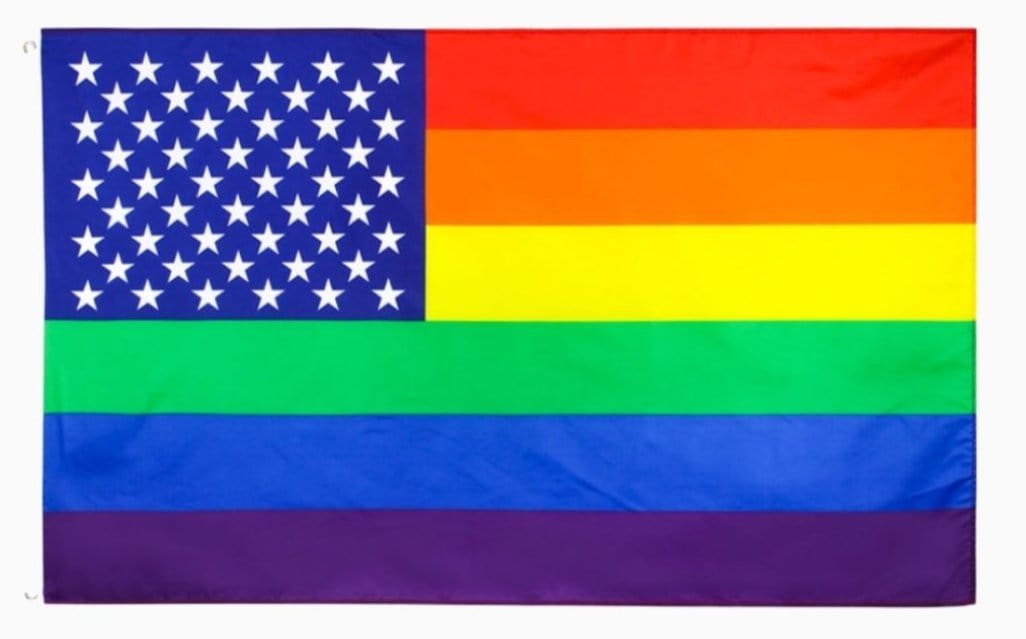
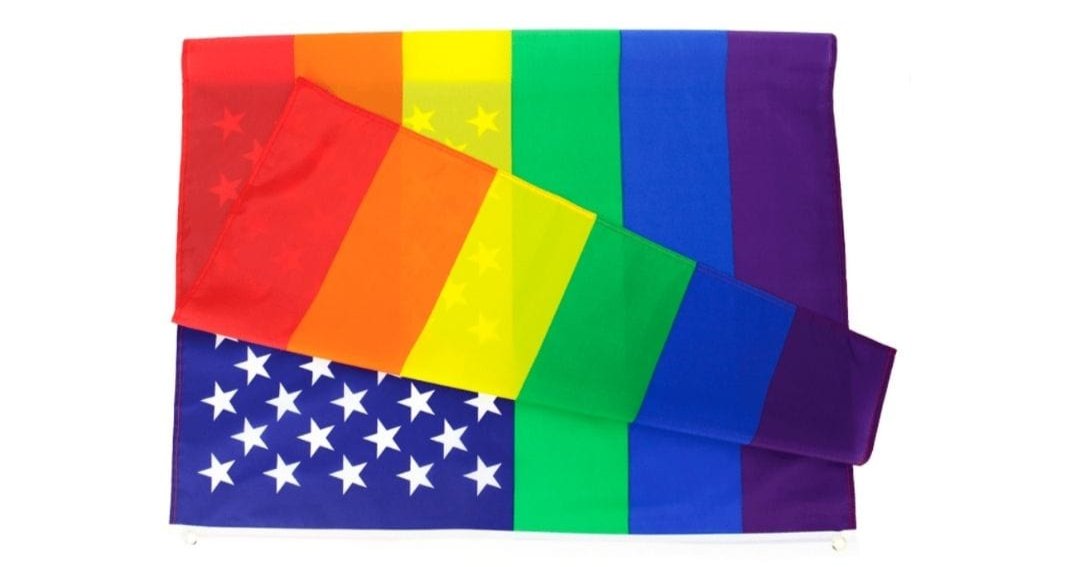

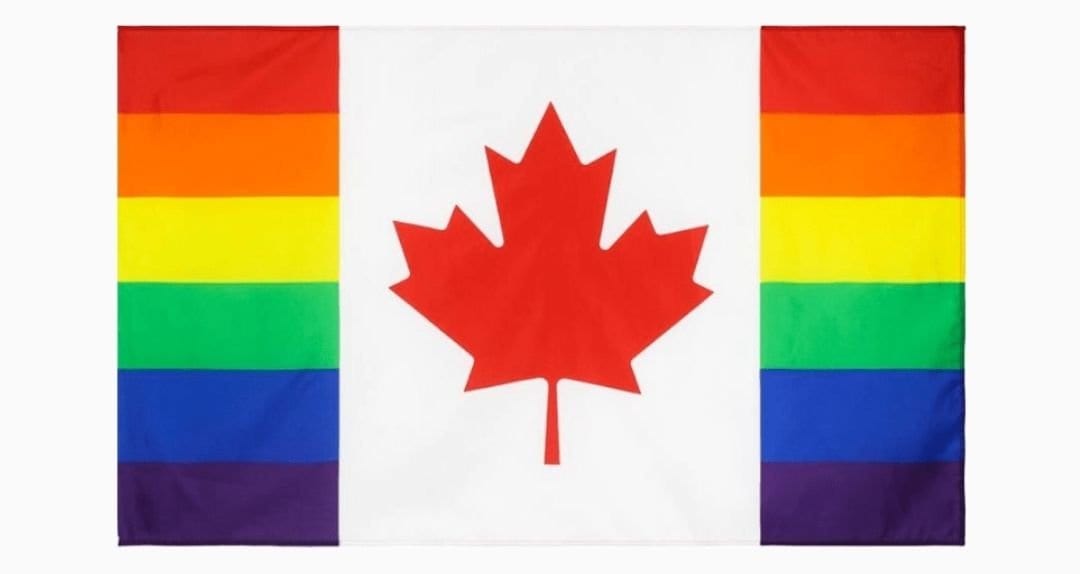
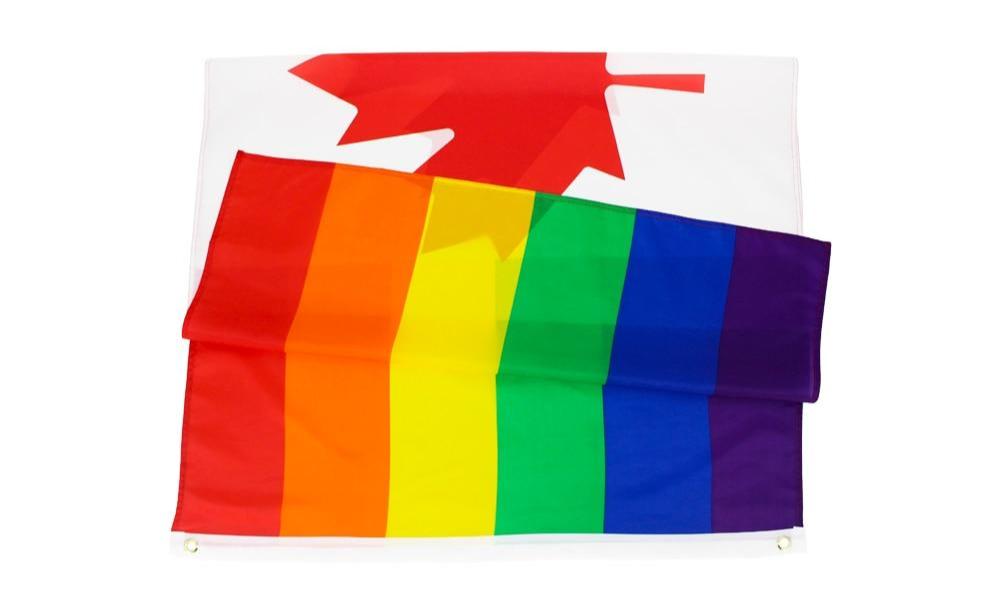


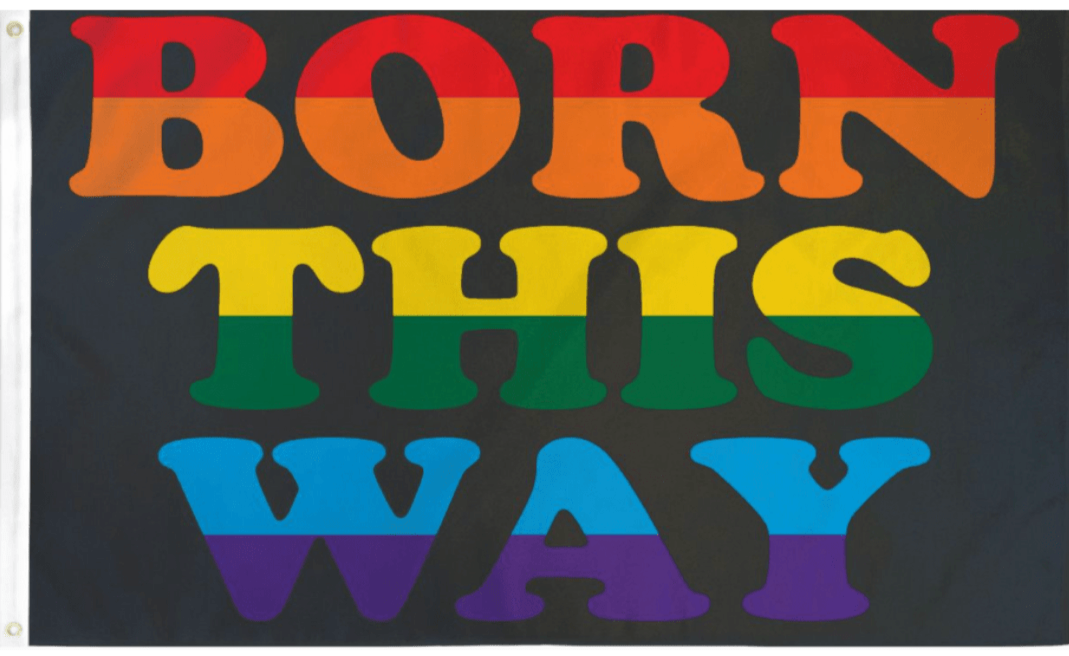
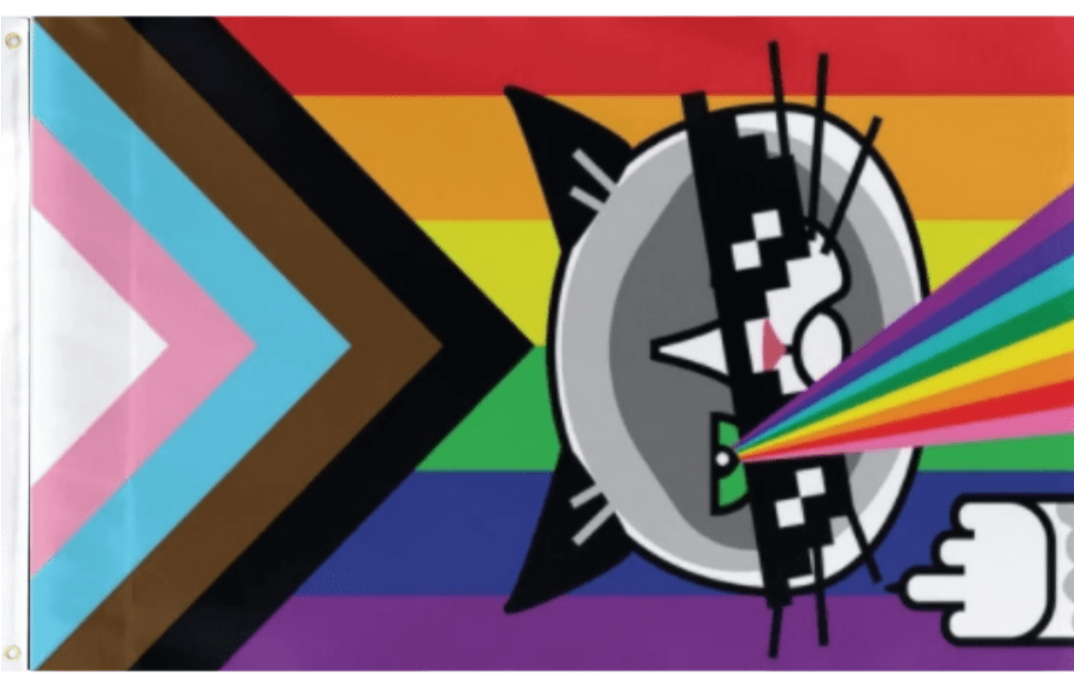
Comments
Safe shopping isn’t just about picking any box with a lock; it’s about putting resources in the ultimate protection for your belongings. In today’s modern era, where security threats are persistent, having a reliable safe is vital. Whether you’re safeguarding cash, important documents, or sentimental items, the right safe can provide assurance like no other.
One of the most critical aspects of a safe is its construction. High-quality safes are constructed from strong materials such as steel or titanium, guaranteeing protection against tampering. Additionally, state-of-the-art locking mechanisms, such as biometric scanners or digital keypads, provide an extra layer of safety to prevent unauthorized access.
Another vital feature to consider is fire resistance. Premium safes are engineered to withstand high temperatures and protect your valuables in the event of a fire. Putting resources in a fireproof safe ensures that even in the face of catastrophe, your most treasured possessions remain intact.
Beyond protection, think about the dimensions and placement of your safe. Selecting a capacity that holds your belongings without being too conspicuous is vital. Additionally, strategically placing your safe in a safe yet accessible location guarantees convenience without compromising security.
In conclusion, investing in a top-notch safe is essential for protecting your important possessions. By focusing on characteristics such as build, fireproofing, and size, you can guarantee optimal security for a sense of security in any situation.
Safe combination change Scottsdale – https://mercurylock.com/access-control
Ensuring a cleaner and healthier environment is crucial for industrial settings and warehouses. Pressure cleaning removes impurities, dust, and impurities that gather on walls, guaranteeing a cleaner workspace for staff. Consistent pressure cleaning of equipment reduces the likelihood of incidents and safety problems due to contact to hazardous chemicals. A clean workspace also improves employee morale and output, as employees are more likely to feel proud in a tidy setting. Additionally, power washing reduces the buildup of oil and oil, which may be safety concerns. By implementing power washing, industrial facility managers can create a safer and more efficient working environment. If you’re keen, take a look at my home and business power washing site to find out more.
Roof Soft-Washing around Cloverdale for Gas station owners
Reducing Wear to Business Exteriors 0f468b0
https://9humantypes.com – Guiding kids spiritual offerings
http://cmtecma.es/ – Spiritual schools cf62521
What Employing The State Welfare Ineptitude Lawyer Becomes Important.
Employing Your Social Security Disability Attorney Is Vital.
The Senior Support Allowance Directs countless programs from unemployment insurance to welfare assistance, and also handles ineptitude allowances for persons unable to carry out tasks due to long-term sickness or damage. As with every intricate body, there are rules and rules which must be followed by this organization in organization to acquire benefits. Considering hiring the Skilled counsel for SSA Is often crucial.
Hiring an skilled Social Security Disability legal representative can help you deal with the difficulties of Social Security Administration Shielding Social Assets, raising your chances of acceptance for privileges. They might make sure that your request is filed accurately and includes validating medical evidence; furthermore, they comprehend how to compile this evidence swiftly so it is not presented late; furthermore, they will steer clear of giving irrelevant data that could lead to setbacks and rejections by the SSA.
Your disability consultant will also ready you for a hearing with Social Security Administration if your request is rejected, by detailing what to foresee at it and addressing any of your questions about what happens there. They can support with offering additional documentation and requesting the judge who heard your lawsuit to inspect their decision and grill witnesses or vocational experts called by SSA to testify on your behalf, which will enhance the chance that an early appeal for disability prospers if originally denied. Lawyers for social security disability might retrieve any past due advantages because of changes in the starting date, which indicates when your health condition began. Good champions for disabled individuals can help with winning back any past due advantages that might have been lost due to changes in the starting date or when your state began.
How to submit an application for disability benefits from Social Security
The Critical Role of an Counselor Skilled in Disability Matters f3f5_ef
Securing the aid of a attorney specializing in disabilities for claims related to disabilities in Albuquerque possesses immense importance. Those who seek the guidance of a lawyer specializing in disabilities in court proceedings related to disabilities can obtain countless positive aspects and precious assistance during the process of claiming disabilities. These attorneys retain the essential abilities, knowledge, and capability to efficiently navigate the intricacies of the law system and represent for their clients’ best welfare.
One of the principal responsibilities of a lawyer for disabled individuals in disability court trials involves skillfully directing and overseeing the court proceedings. Attorneys specializing in disabilities shine at maneuvering the complexities of disability court trials, which can be intimidating for those unacquainted with the judicial system. By utilizing the services of a attorney specializing in disabilities, individuals with disabilities greatly enhance their chances of success in courts dealing with disabilities.
Throughout disability claims court proceedings, a lawyer for disabled individuals plays a pivotal and dynamic role in providing essential support. They actively collaborate with clients in preparing and lodging applications for disability claims, petitions, and appeals, streamlining the method and making sure all required documentation is correctly presented. Additionally, attorneys specializing in disabilities extend critical assistance during disability court trials, employing their professional expertise of disability laws and rules to supply counsel, advice, and strategic representation.
The benefits of acquiring a lawyer for disabled individuals for claims related to disabilities are multifaceted. These lawyers provide specialized guidance and recommendations, equipping their clients with a advantage in disability court trials. Through their comprehensive grasp of the legal landscape, disability attorneys can successfully sail through the complicated structure of regulations and legislation regulating claims related to disabilities, ensuring that their clients’ entitlements are safeguarded and their utmost interests are represented.
Moreover, lawyers for disabled individuals simplify the procedure for disability claims, easing the pressure on individuals with disabilities. They serve as supporters, liaising with official institutions, insurers
, and other applicable parties on behalf of their clients. This comprehensive aid enables individuals with disabilities to focus on their well-being and personal matters, being aware that their claims concerning disabilities are being dealt with with utmost care and attention to detail.
In the context of disability claims in Albuquerque region, it is vital to recognize the distinctive proficiency offered by social security lawyers. These lawyers focus on social security legislation and rules, making them precious assets for individuals seeking social security disability entitlements. Social security lawyers have thorough understanding of the complex regulations and processes governing social security disability claims, enabling them to supply personalized guidance and direction to their clients.
By engaging a lawyer for disabled individuals, individuals with disabilities gain access to a plethora of assets and support. These attorneys serve as committed supporters, tirelessly advocating for their clients’ rights and privileges. Attorneys specializing in disabilities understand the challenges faced by individuals with disabilities and work diligently to guarantee they receive the benefits for disabilities they deserve.
In conclusion, the act to secure a lawyer for disabled individuals is a crucial one for individuals with disabilities pursuing disability benefits in Albuquerque. These lawyers play a key function in making simpler the legal proceedings, optimizing the probability of success in disability court trials, and supplying knowledgeable guidance and recommendations tailored to their clients’ unique conditions.
https://www.disabilityalbuquerque.com – Function of a calpers retirement lawyer in securing pension benefits
Engaging the assistance of a lawyer for disabled individuals for claims related to disabilities in Albuquerque holds great importance. Individuals who seek the guidance of a attorney for disabilities in trials regarding disabilities can derive numerous benefits and invaluable assistance in the procedure for disability claims. These legal professionals possess the required skills, knowledge, and capability to successfully navigate the complexities of the law system and stand up for their clients’ optimal welfare.
One of the principal responsibilities of a attorney specializing in disabilities in disability court trials requires adeptly leading and overseeing the legal proceedings. Attorneys specializing in disabilities shine at maneuvering the subtleties of court proceedings on disabilities, which can be intimidating for those unfamiliar with the legal system. By retaining the aid of a lawyer for disabled individuals, individuals with disabilities significantly boost their likelihood of success in court for disability claims.
Throughout disability claims court proceedings, a attorney specializing in disabilities plays a pivotal and engaged position in supplying essential aid. They dynamically cooperate with clients in compiling and submitting disability claims applications, petitions, and pleas, making more efficient the process and making sure all required documentation is precisely submitted. Additionally, disability attorneys offer crucial support during disability court trials, leveraging their specialist expertise of laws pertaining to disabilities and guidelines to supply guidance, advice, and advocacy.
The advantages of acquiring a lawyer for disabled individuals for claims concerning disabilities are multifaceted. These lawyers provide expert guidance and recommendations, providing their clients with a competitive edge in trials regarding disabilities. Through their in-depth understanding of the lawful environment, attorneys specializing in disabilities can successfully navigate the intricate network of rules and laws overseeing disability claims, ensuring that their clients’ rights are secured and their optimal interests are advocated for.
Moreover, attorneys specializing in disabilities simplify the process of claiming disabilities, alleviating the load on individuals with disabilities. They serve as champions, coordinating with official institutions, insurance providers, and other relevant parties on behalf of their clients. This complete support allows individuals with disabilities to concentrate on their well-being and private affairs, being informed that their claims related to disabilities are being handled with utmost care and attention to detail.
In the framework of claims related to disabilities in the city of Albuquerque, it is crucial to realize the unique expertise offered by social security lawyers. These lawyers concentrate on social security laws and guidelines, making them invaluable resources for individuals seeking social security disability benefits. Social security lawyers have thorough knowledge of the complex laws and procedures governing social security disability claims, enabling them to offer tailored recommendations and direction to their clients.
By securing a disability attorney, individuals with disabilities obtain a plethora of resources and aid. These lawyers serve as dedicated champions, persistently striving for their clients’ claims and privileges. Disability attorneys comprehend the challenges faced by individuals with disabilities and strive to assure they get the disability benefits they are entitled to.
In conclusion, the act to acquire a attorney specializing in disabilities is a critical one for individuals with disabilities pursuing disability entitlements in Albuquerque. These legal professionals play a key function in streamlining the legal process, maximizing the probability of success in disability court trials, and offering specialized guidance and suggestions tailored to their clients’ distinctive circumstances.
https://www.disabilityalbuquerque.com – Navigating demanding times with support handicap attorneys
https://9humantypes.com/fruits-and-gifts-of-the-holy-spirit – Graces Holy Spirit
https://www.mynewmarkets.com/articles/92397/workers-compensation-the-general-contractor-s-responsibility – Numerology calculator 468b084
https://9humantypes.com/challenge-page/online-course – Corporate faith
252179f
https://9humantypes.com/contact – Prayer and thought
179f3f3
https://9humantypes.com/9-spiritual-gifts – Steps to employ God-given talents to enhance the body of Christ
f468b08
https://9humantypes.com/what-is-my-spiritual-gift – Purpose of Holy Spirit talents in disciple’s life
48d2c5a
Engaging the services of a attorney specializing in disabilities for claims related to disabilities in the city of Albuquerque carries enormous value. Individuals who pursue the help of a attorney for disabilities in disability court trials can derive countless positive aspects and invaluable support during the disability claims process. These legal professionals retain the required skills, understanding, and expertise to successfully navigate the complexities of the legal system and advocate for their clients’ best welfare.
One of the main responsibilities of a lawyer for disabled individuals in disability court trials involves skillfully guiding and handling the legal proceedings. Attorneys specializing in disabilities shine at maneuvering the complexities of court proceedings on disabilities, which can be daunting for those not familiar with the law system. By retaining the services of a lawyer for disabled individuals, individuals with disabilities significantly improve their probability of success in courts dealing with disabilities.
Throughout disability claims court proceedings, a attorney specializing in disabilities plays a central and proactive part in offering crucial
assistance. They dynamically collaborate with clients in drafting and filing disability claims applications, petitions, and requests, simplifying the procedure and guaranteeing all required paperwork is precisely presented. Additionally, disability attorneys extend vital support during trials regarding disabilities, utilizing their professional understanding of legislation on disabilities and rules to provide direction, counsel, and strategic representation.
The benefits of engaging a disability attorney for disability claims are multifaceted. These legal professionals supply specialized guidance and advice, arming their clients with a competitive edge in court proceedings related to disabilities. Through their in-depth grasp of the legal landscape, attorneys specializing in disabilities can efficiently navigate the intricate network of rules and statutes regulating claims related to disabilities, ensuring that their clients’ entitlements are secured and their optimal interests are advocated for.
Moreover, disability attorneys facilitate the disability claims process, easing the burden on individuals with disabilities. They serve as advocates, communicating with official institutions, insurance providers, and other pertinent parties on behalf of their clients. This complete support allows individuals with disabilities to concentrate on their well-being and private affairs, being informed that their claims related to disabilities are being handled with utmost care and meticulousness.
In the context of disability claims in Albuquerque, it is critical to acknowledge the unique expertise provided by lawyers focused on social security. These legal professionals focus on social security legislation and rules, making them highly valuable assets for individuals seeking social security disability compensation. Social security lawyers retain comprehensive knowledge of the detailed laws and processes governing social security disability claims, enabling them to supply tailored recommendations and direction to their clients.
By securing a lawyer for disabled individuals, individuals with disabilities obtain a abundance of assets and aid. These lawyers serve as committed supporters, persistently advocating for their clients’ entitlements and benefits. Disability attorneys understand the challenges faced by individuals with disabilities and put in great effort to guarantee they get the disability benefits they deserve.
In conclusion, the decision to acquire a attorney specializing in disabilities is a crucial one for individuals with disabilities looking for disability compensation in Albuquerque. These attorneys play a vital role in streamlining the legal proceedings, optimizing the chances of success in court proceedings related to disabilities, and supplying knowledgeable guidance and advice tailored to their clients’ distinctive conditions.
https://www.disabilityalbuquerque.com – Tips on employing the most effective disability lawyer in the region
Wow that was unusual. I just wrote an extremely long comment but after I clicked submit my comment didn’t show up. Grrrr… well I’m not writing all that over again. Anyways, just wanted to say great blog!
monster costume[/url]What’s up, just wanted to tell you, I enjoyed this blog post. It was funny. Keep on posting!
https://www.fantasycostumes.com/brands/ – mario halloween mask